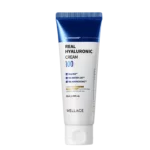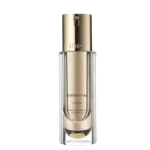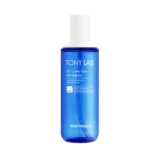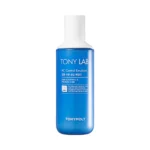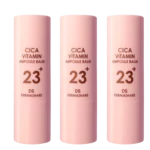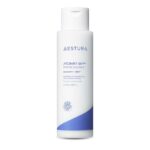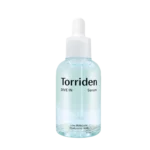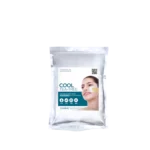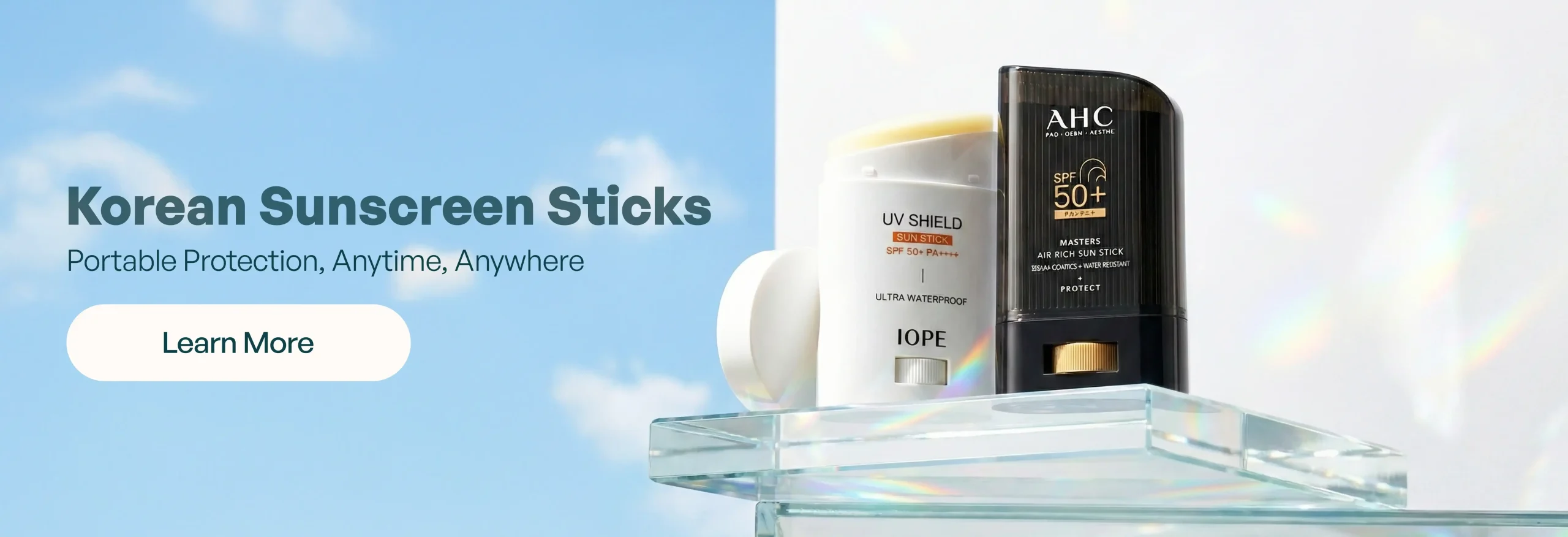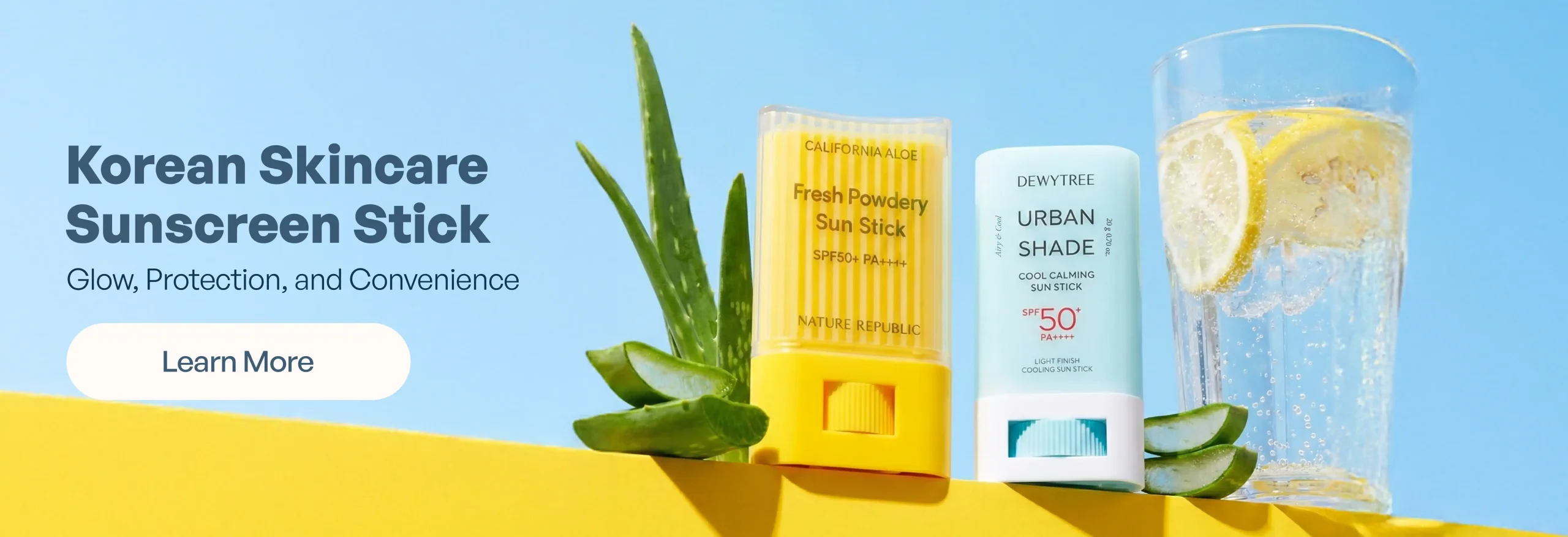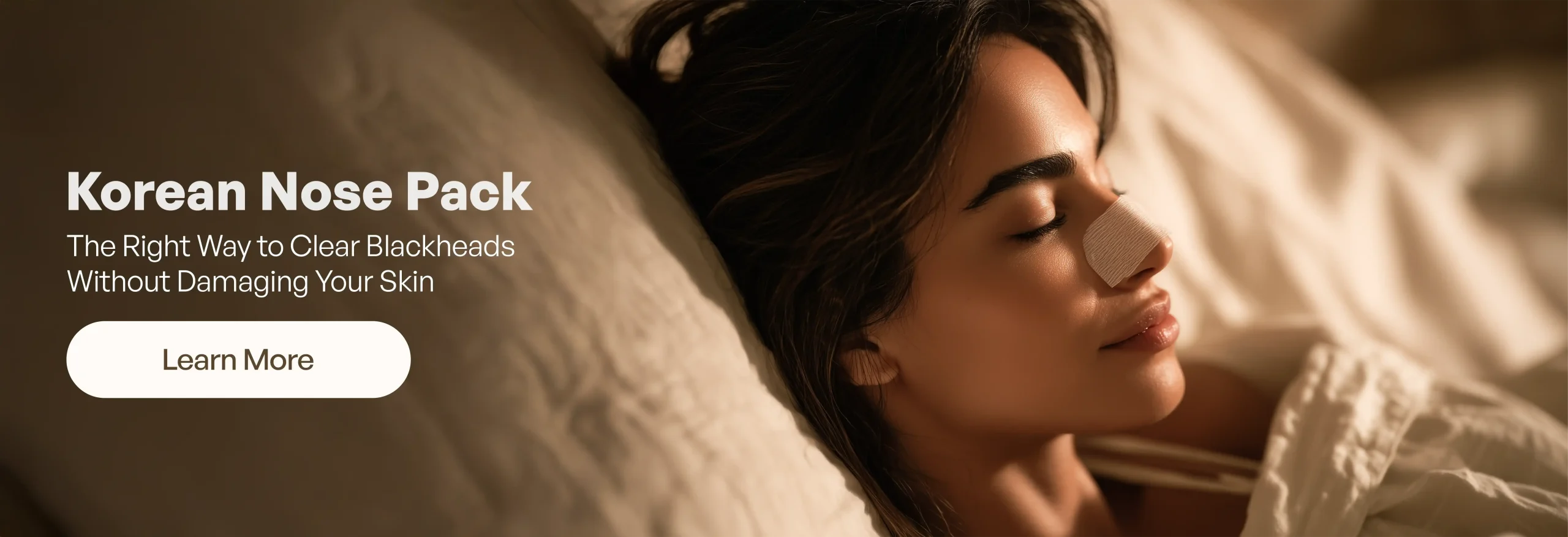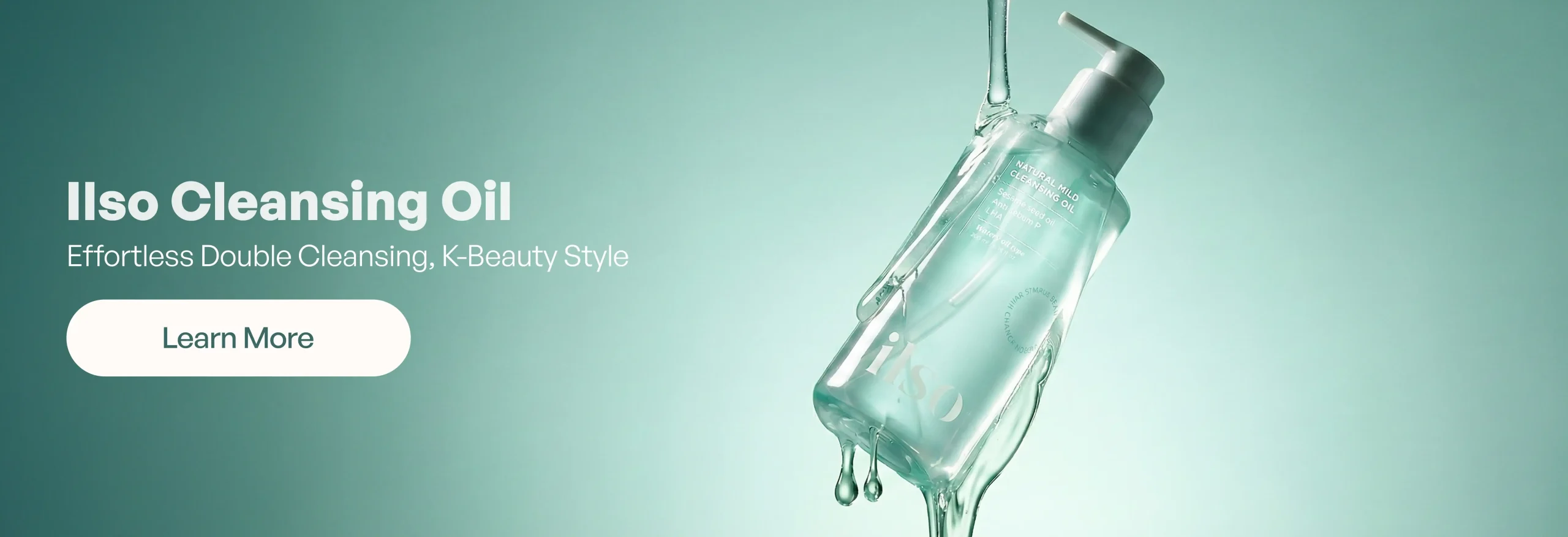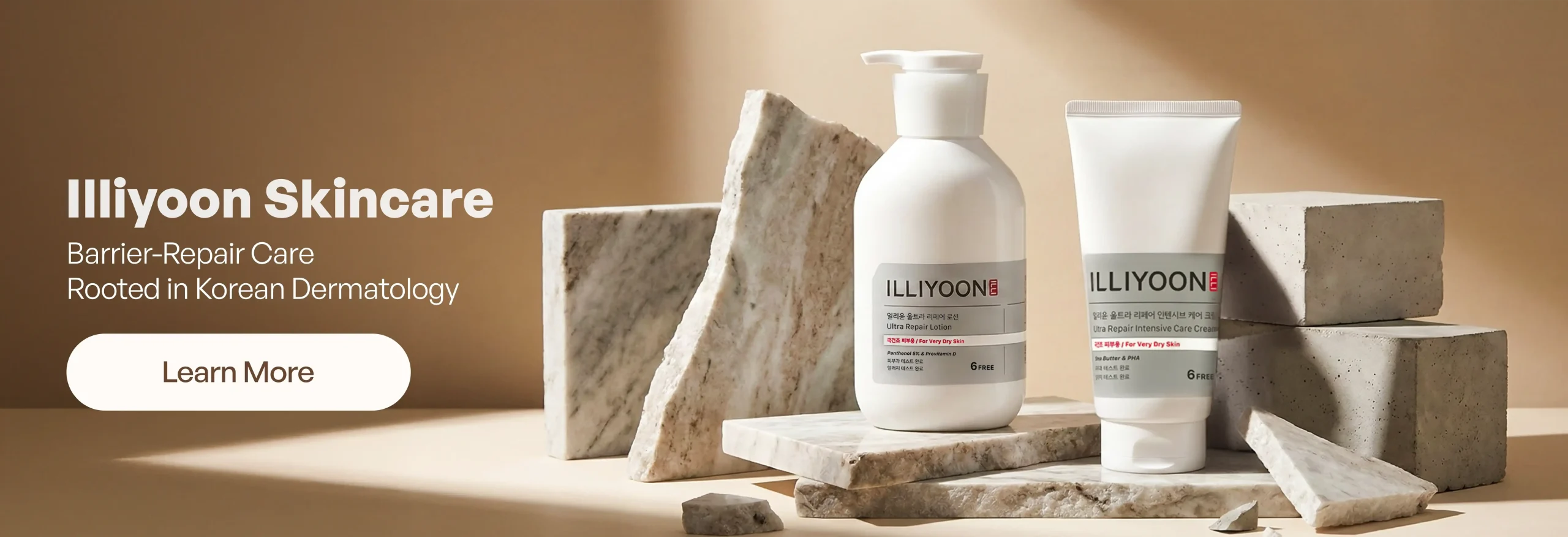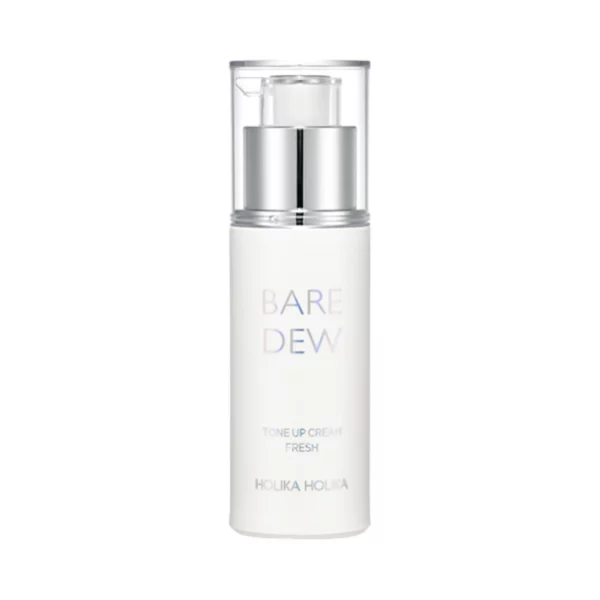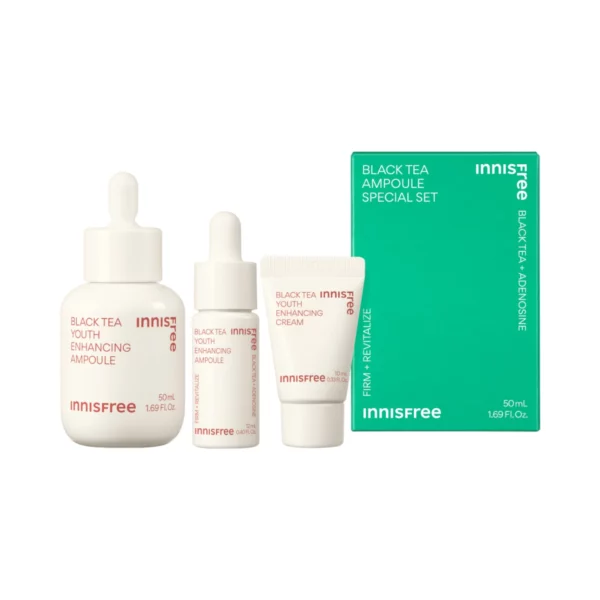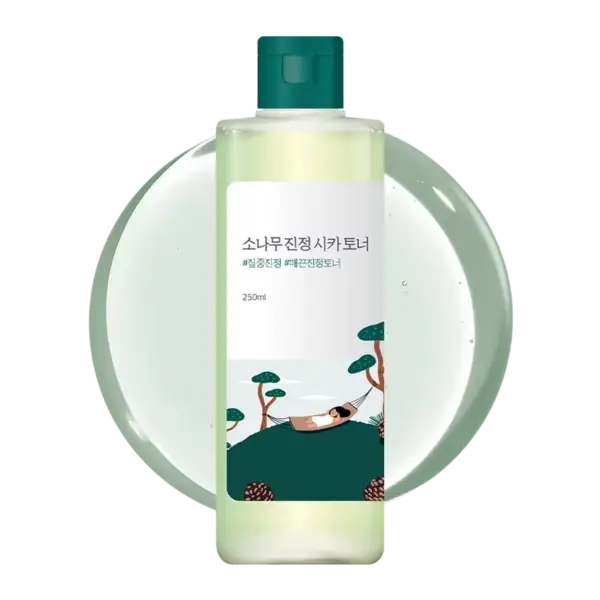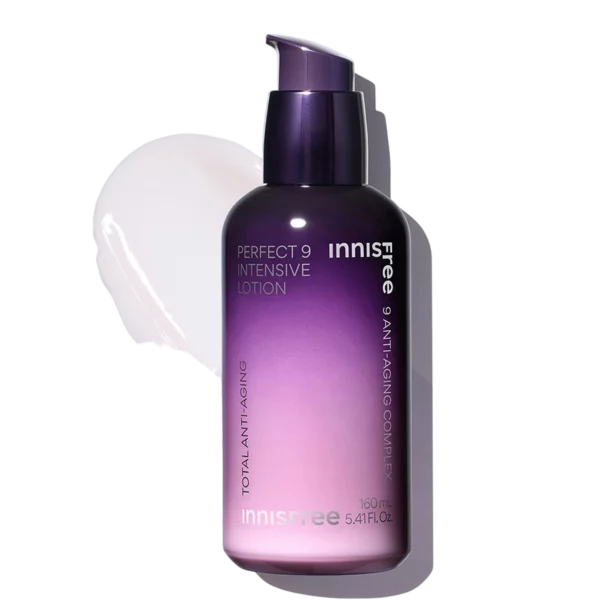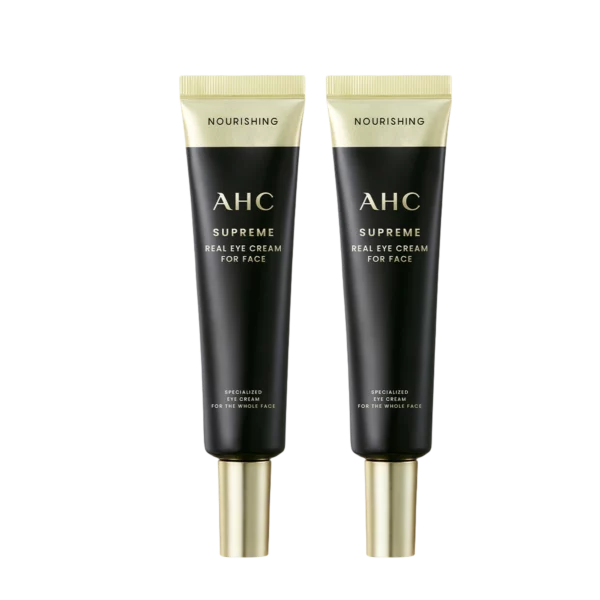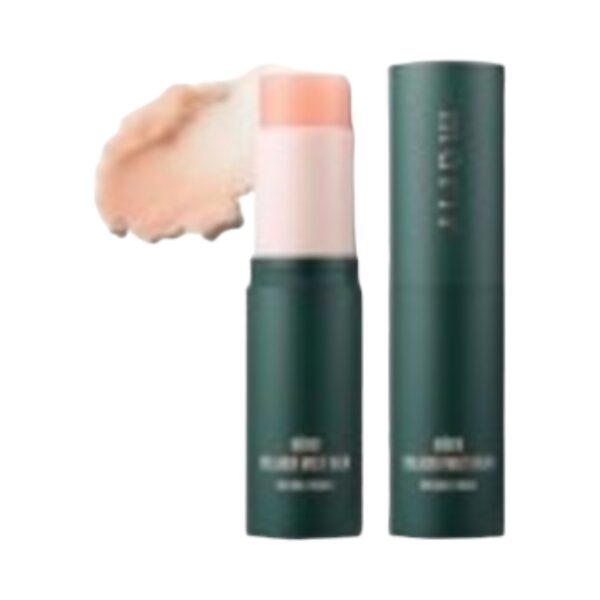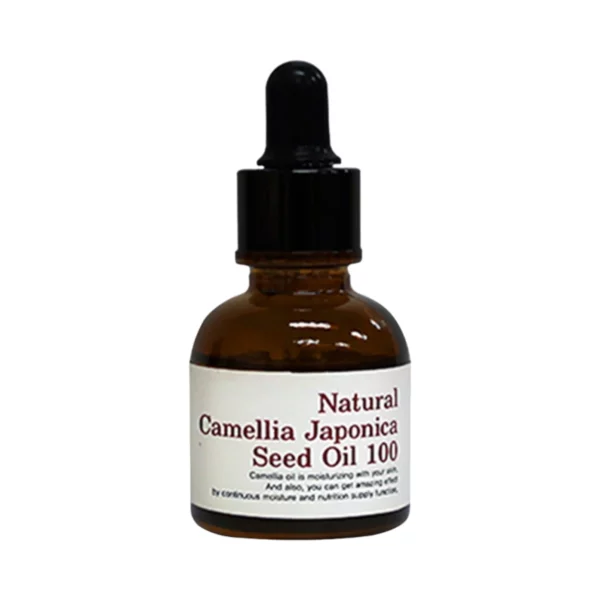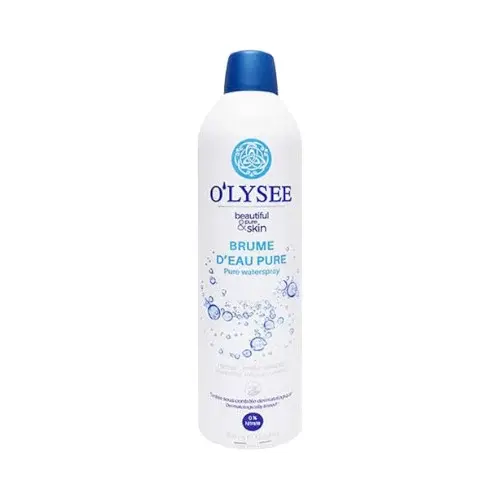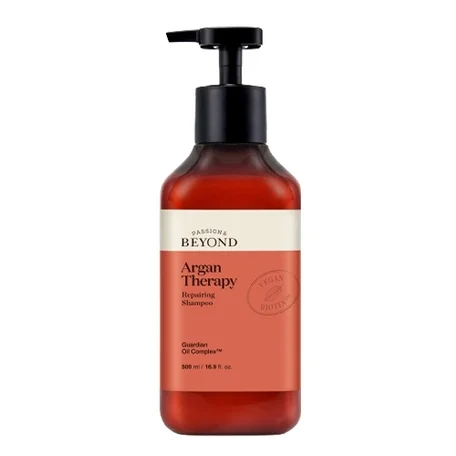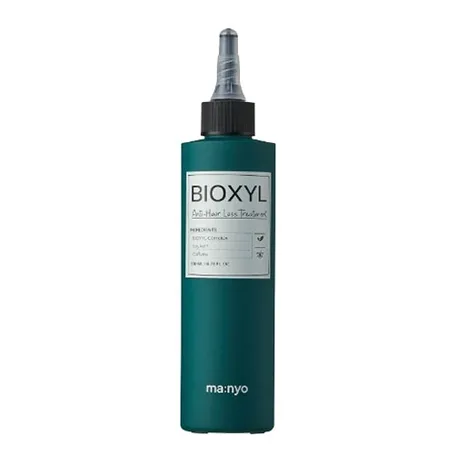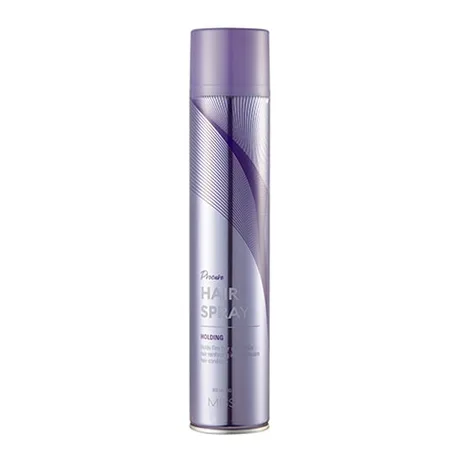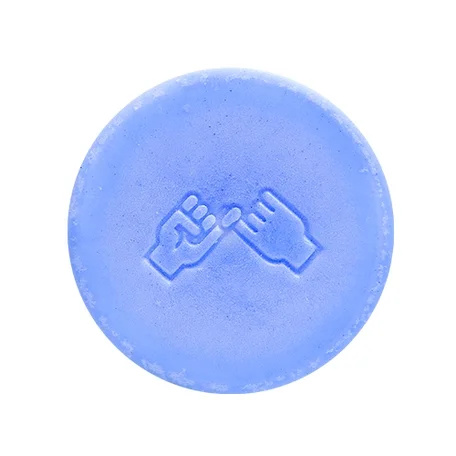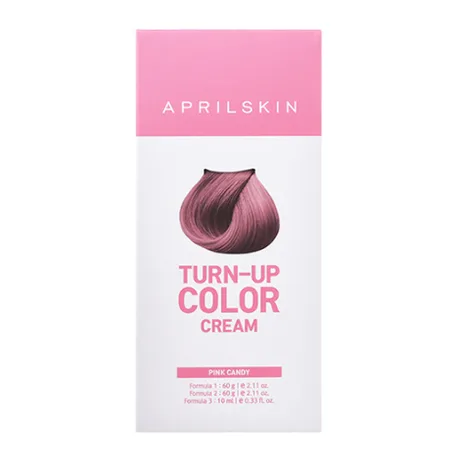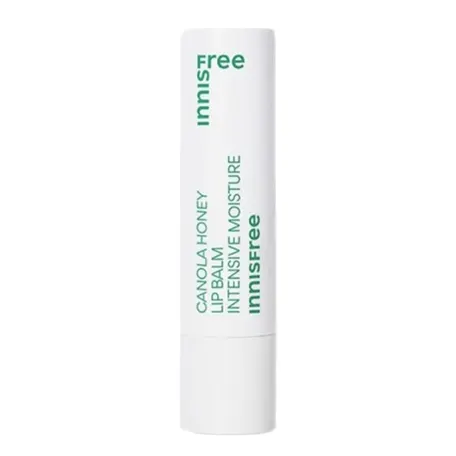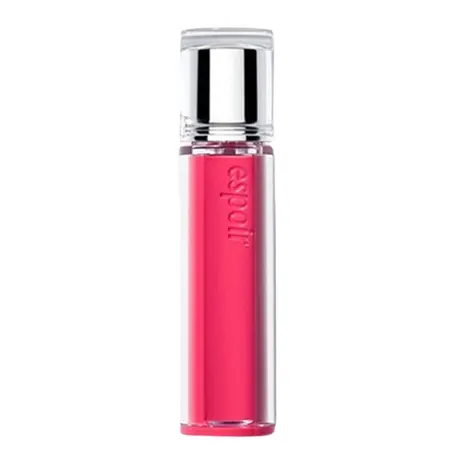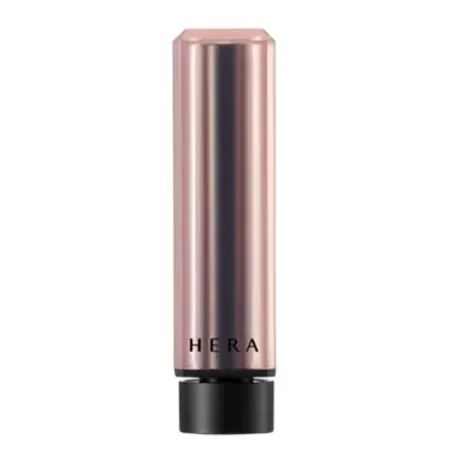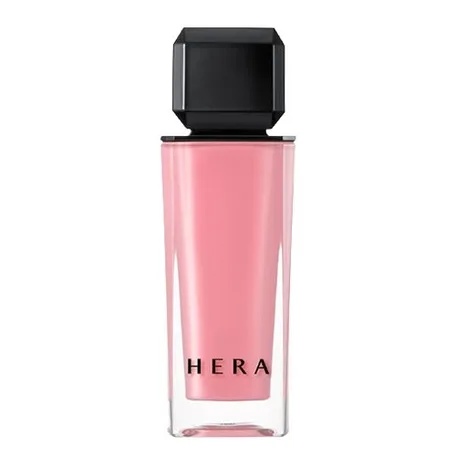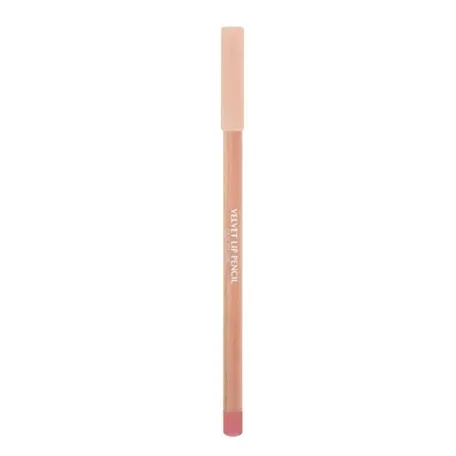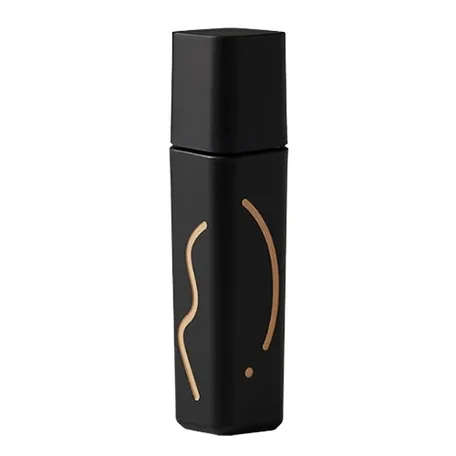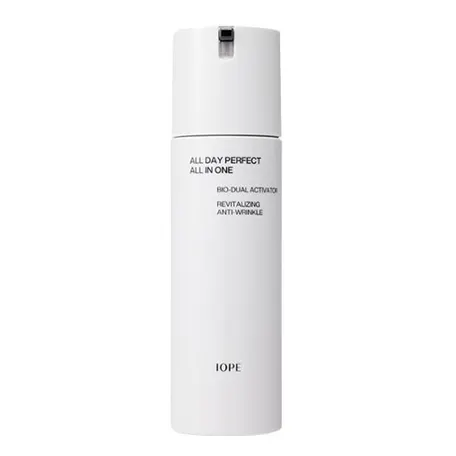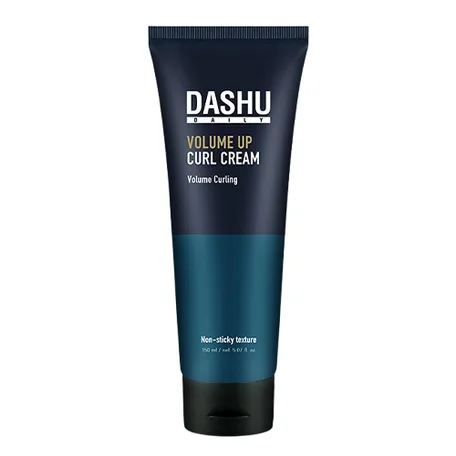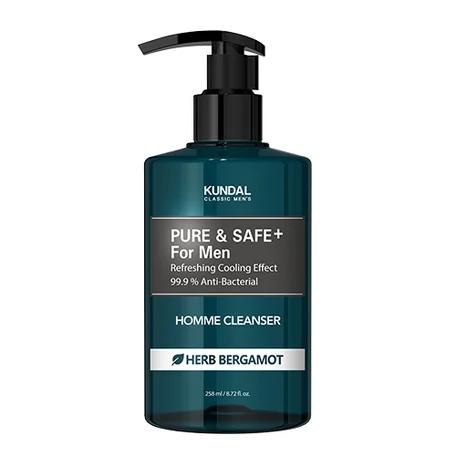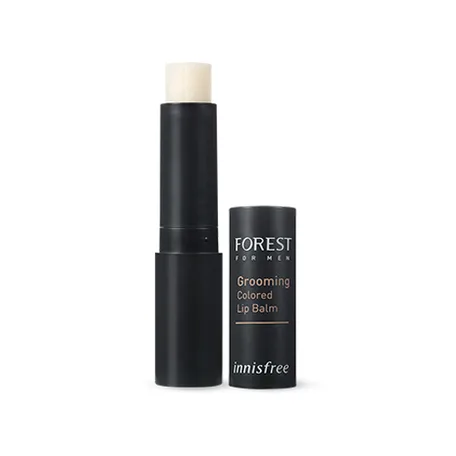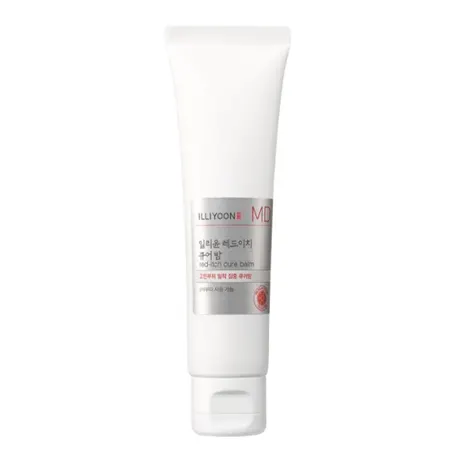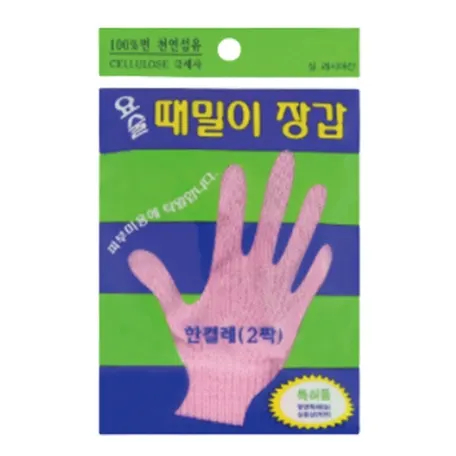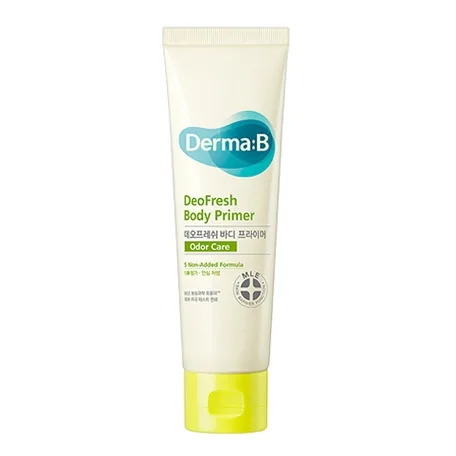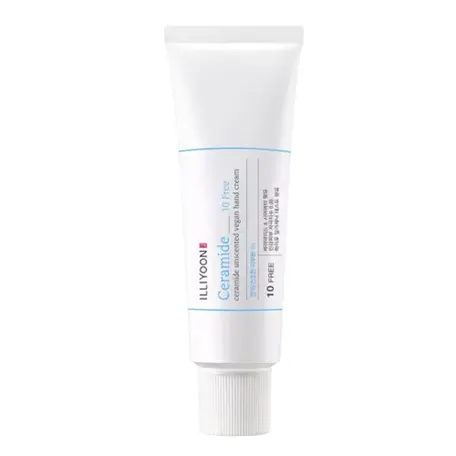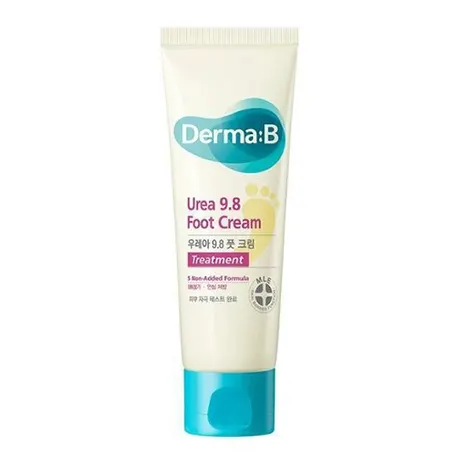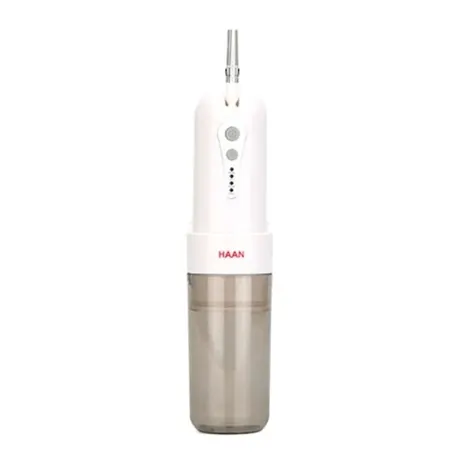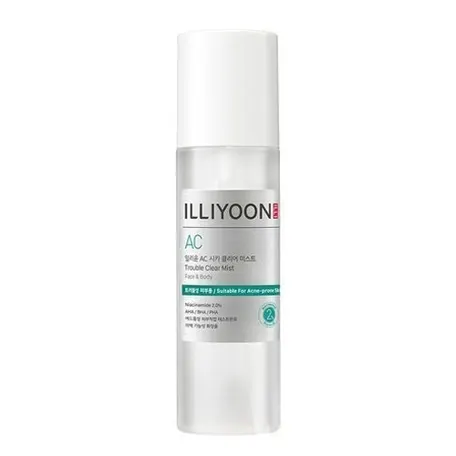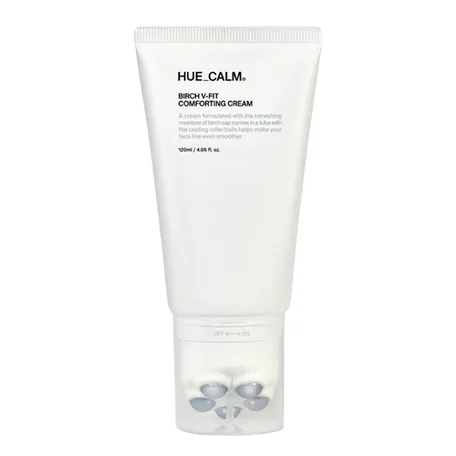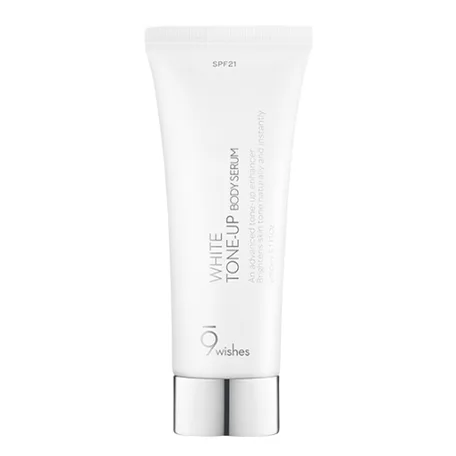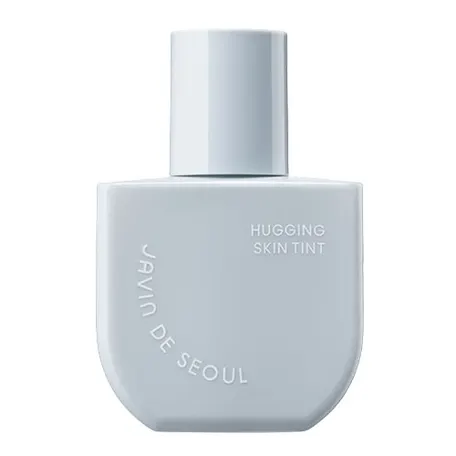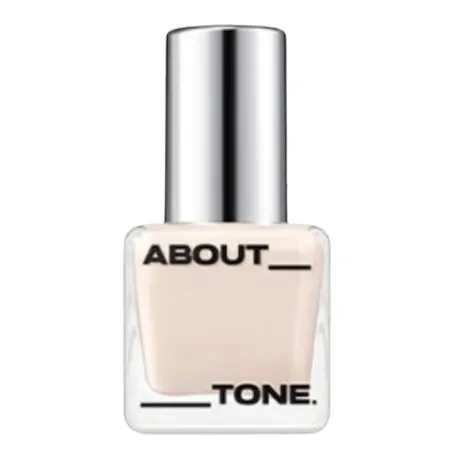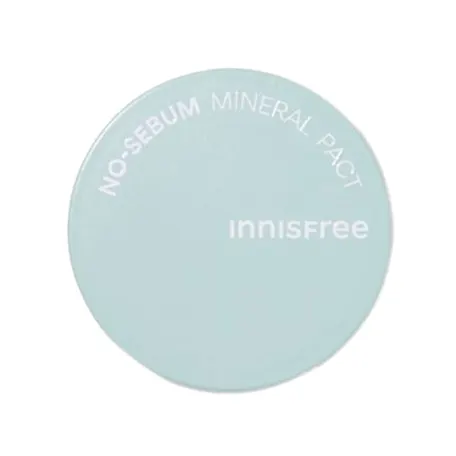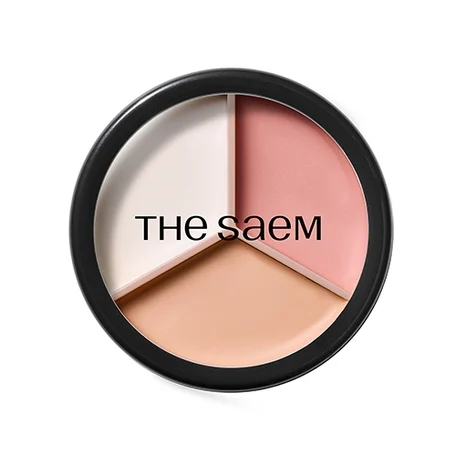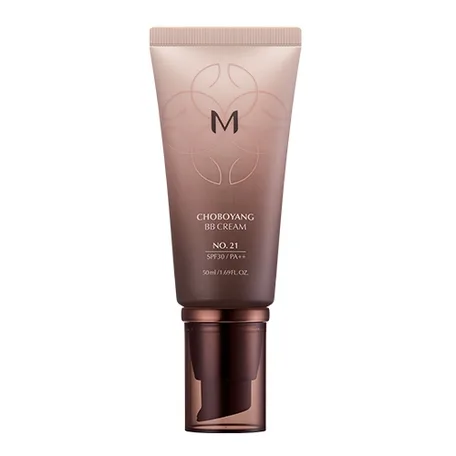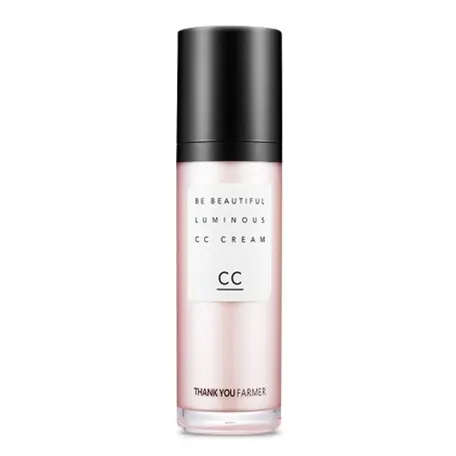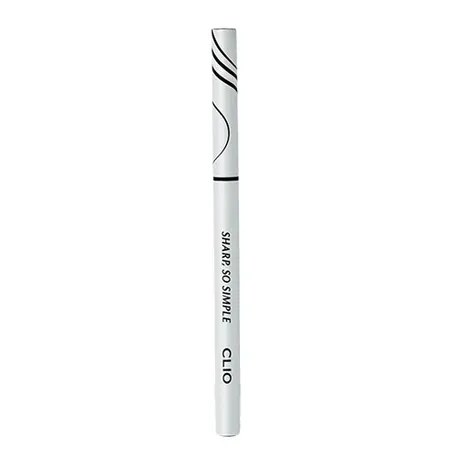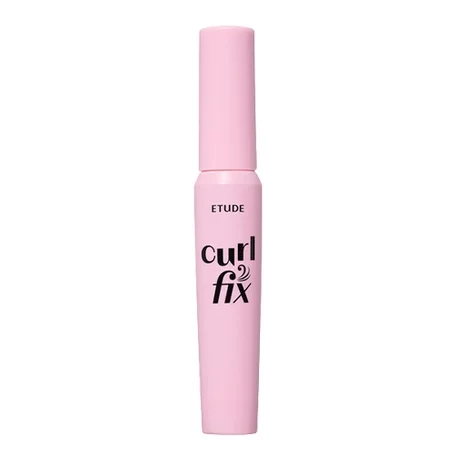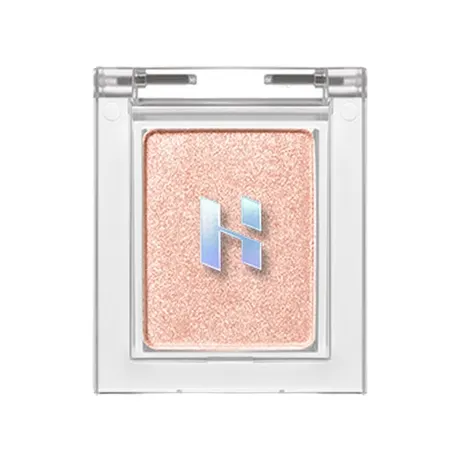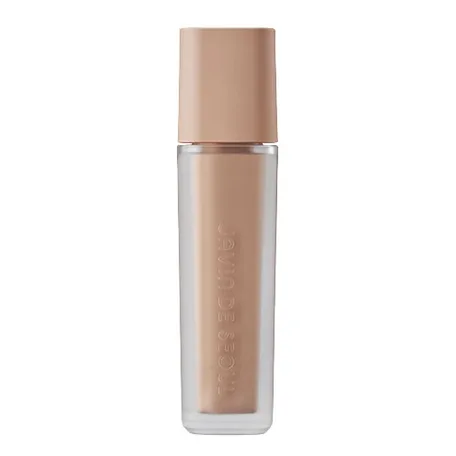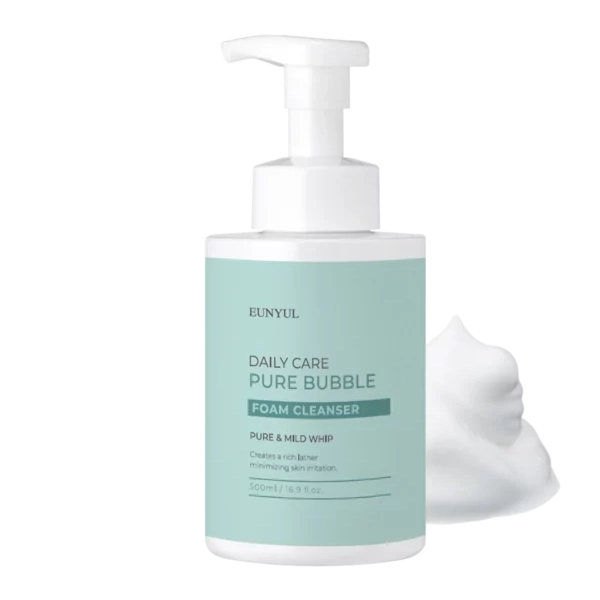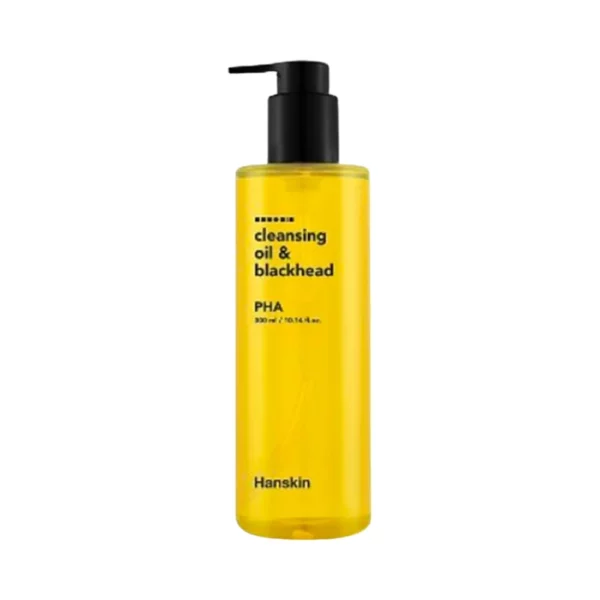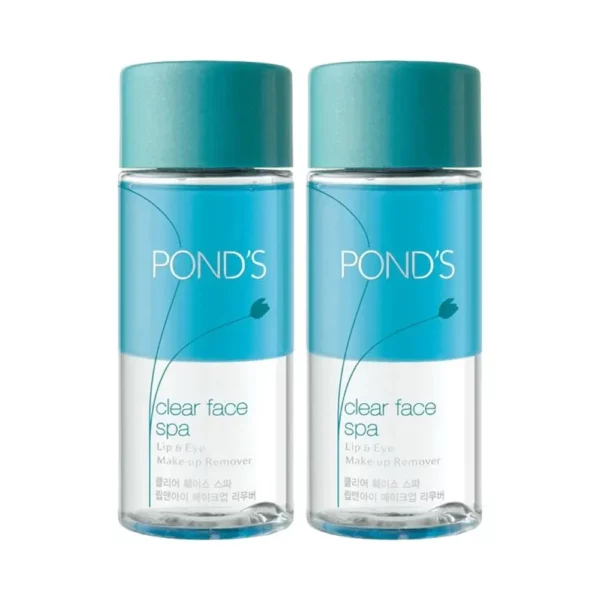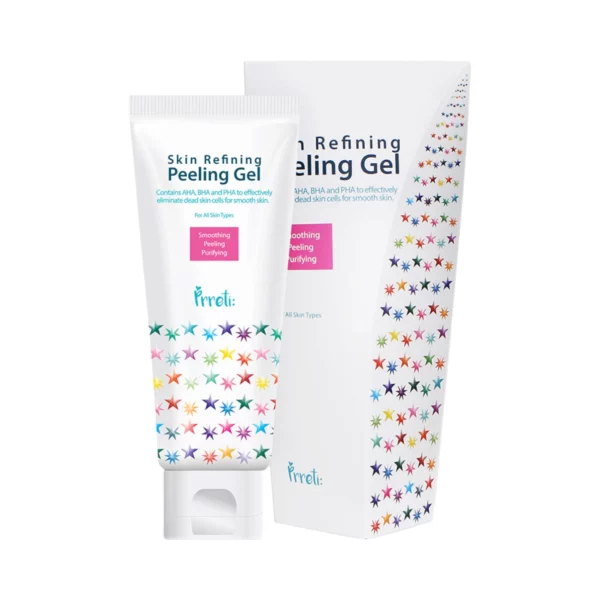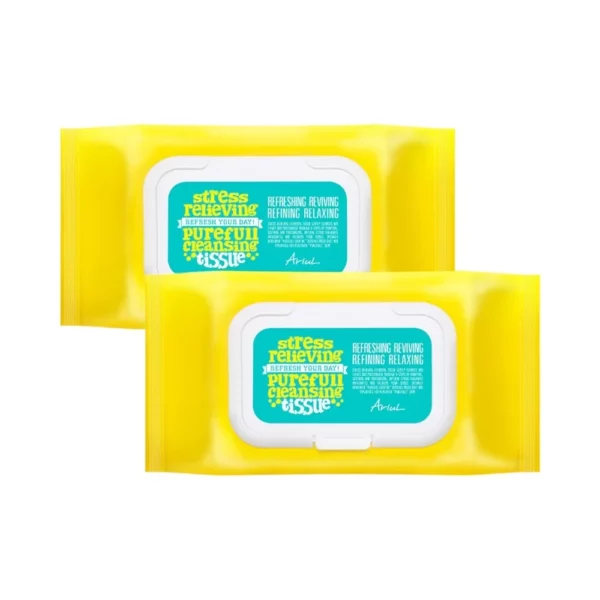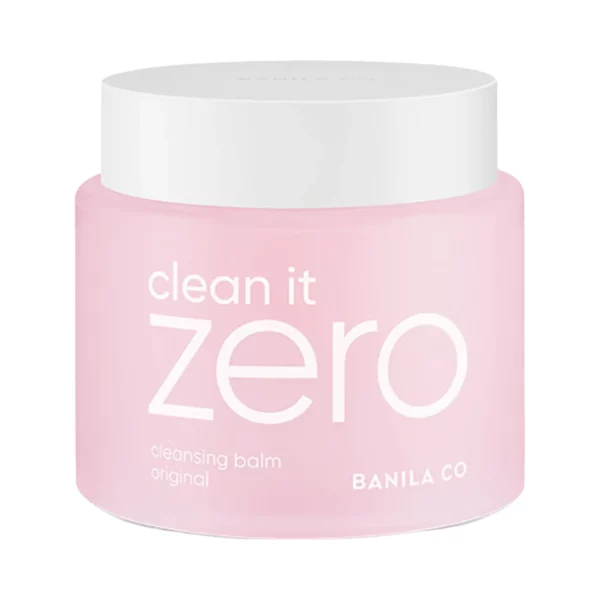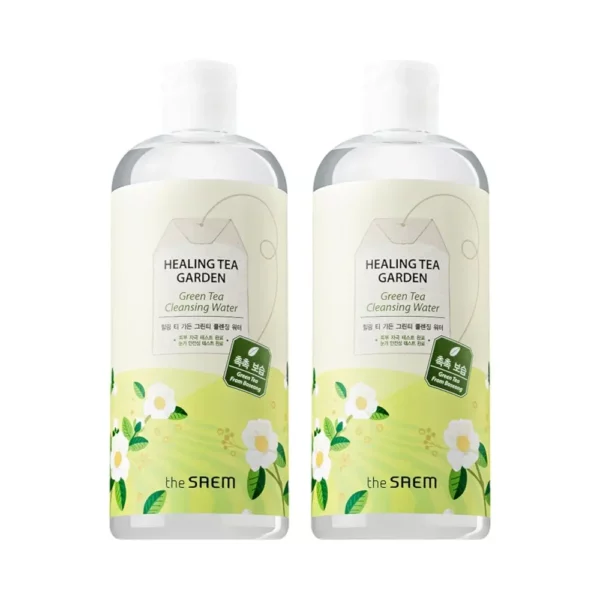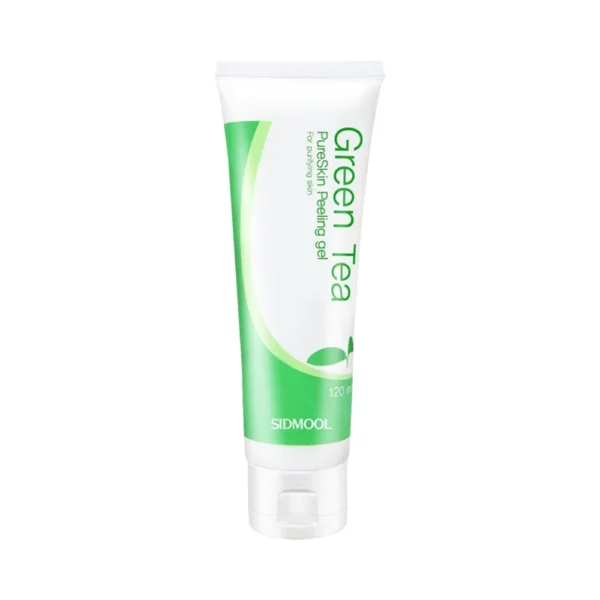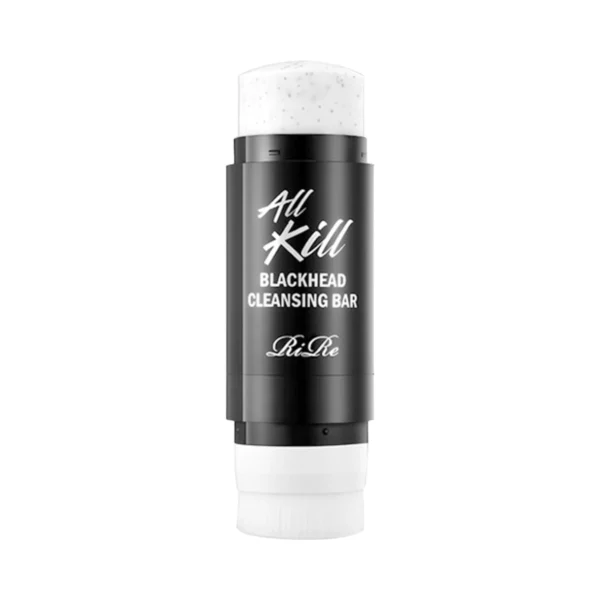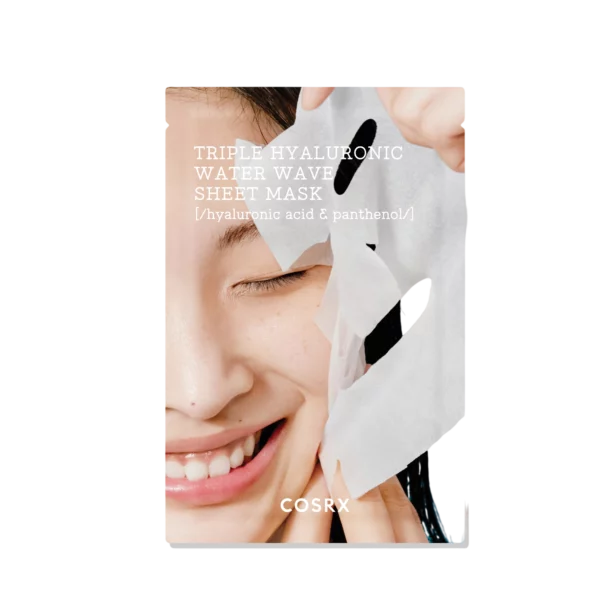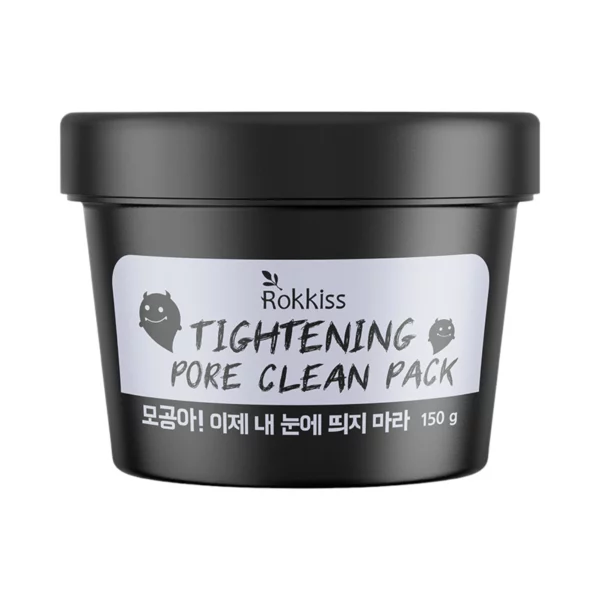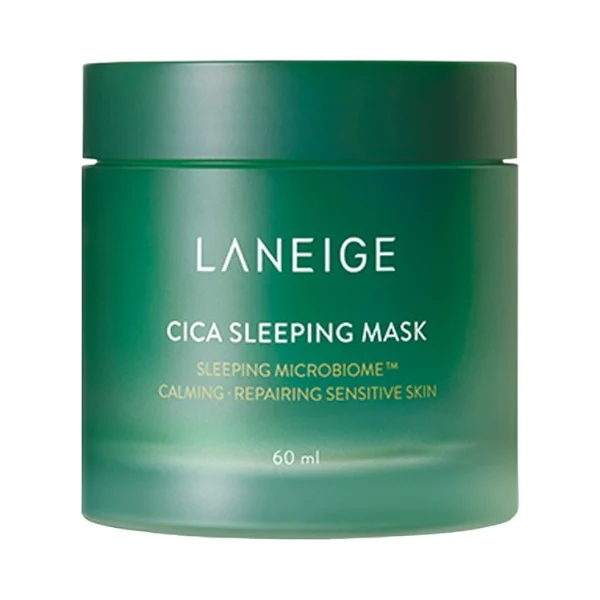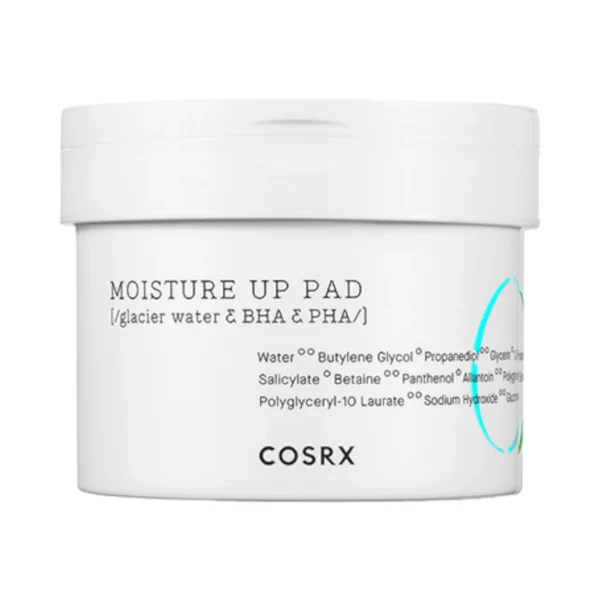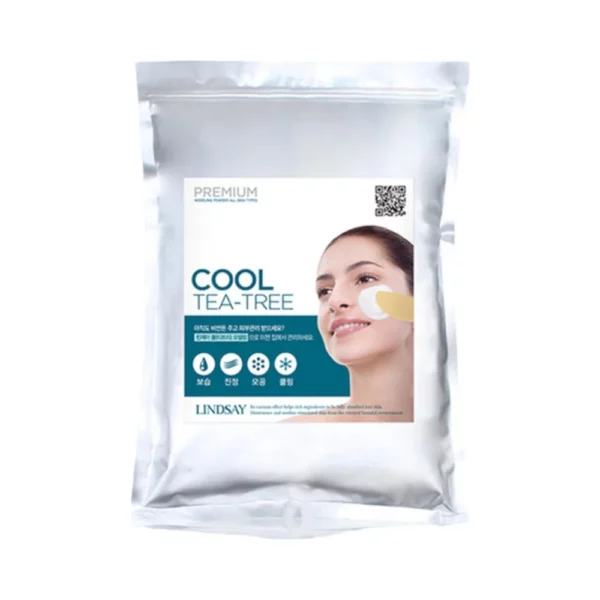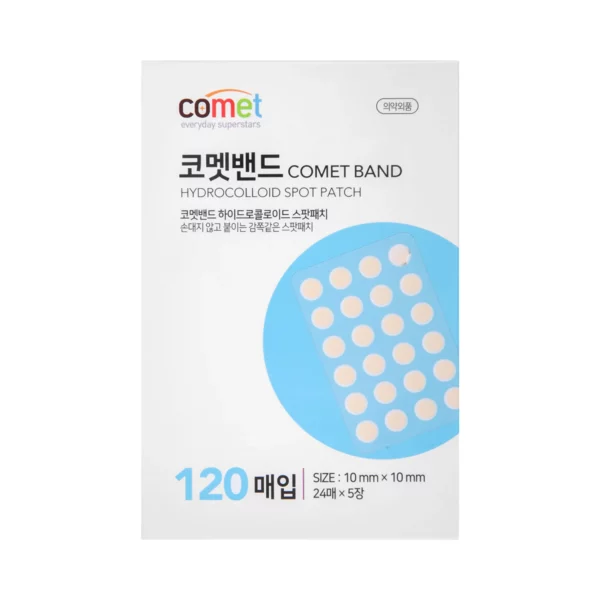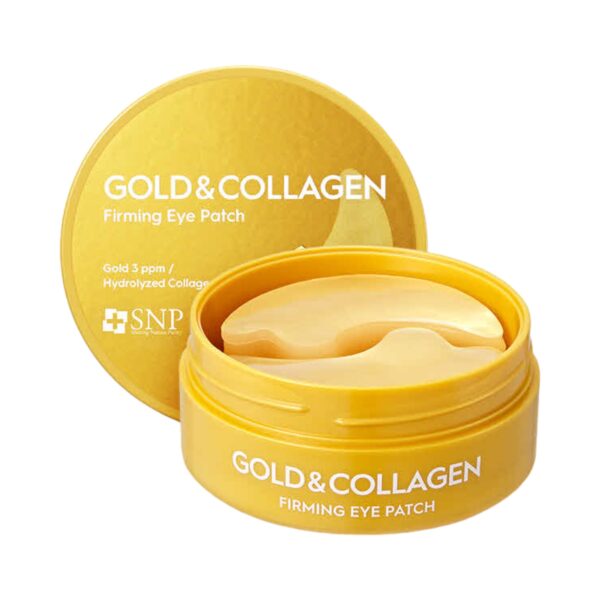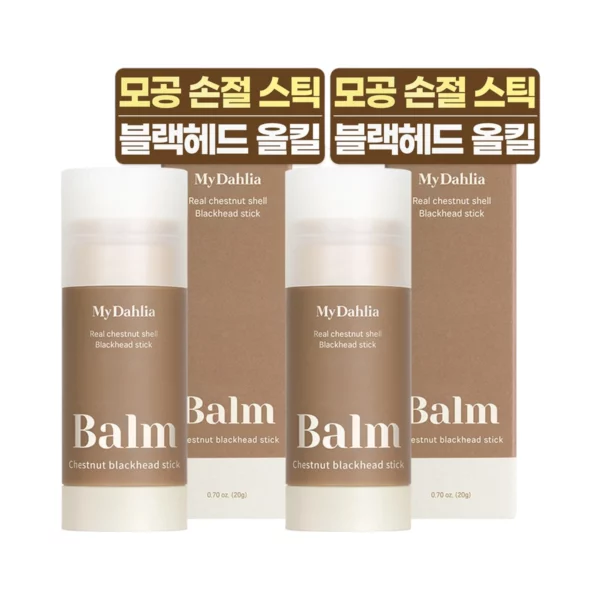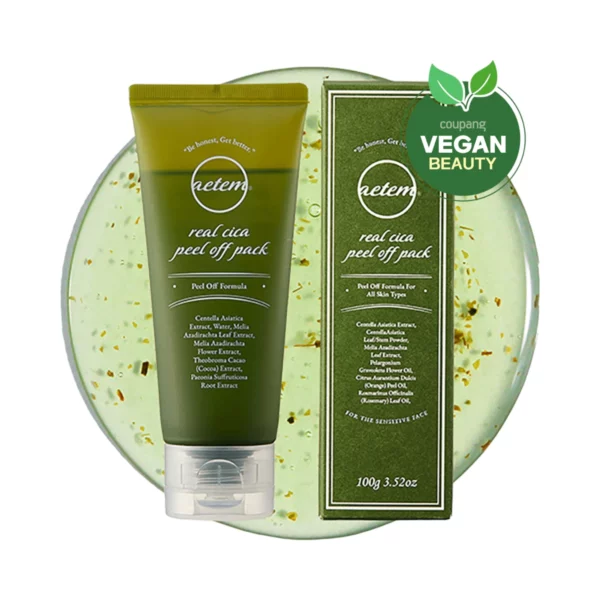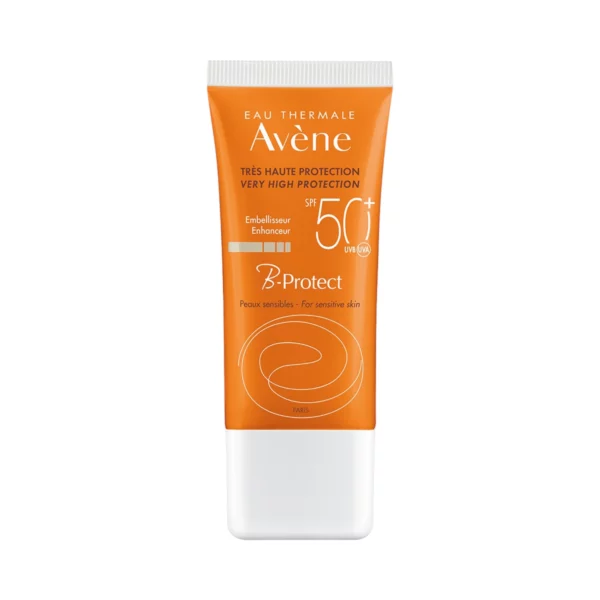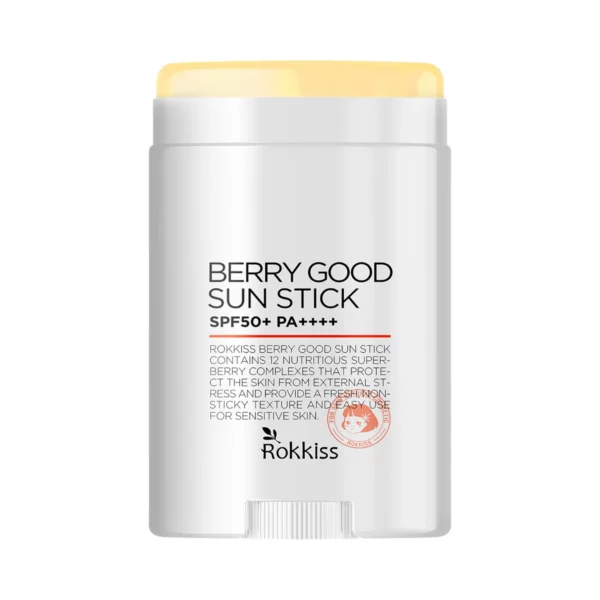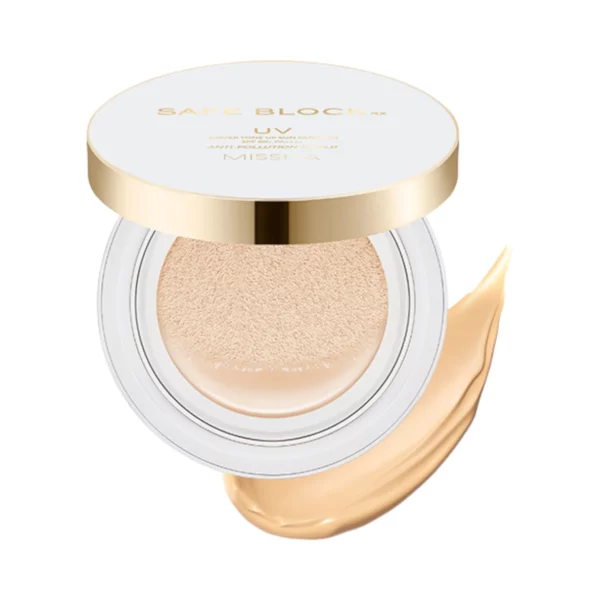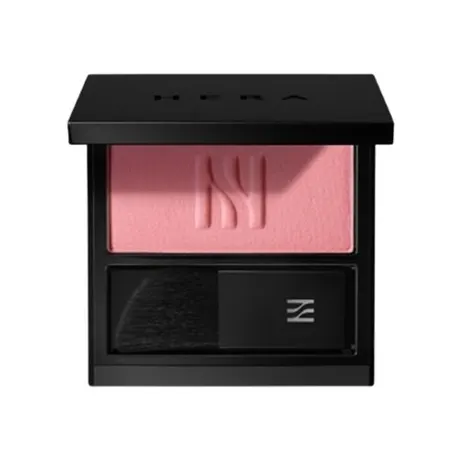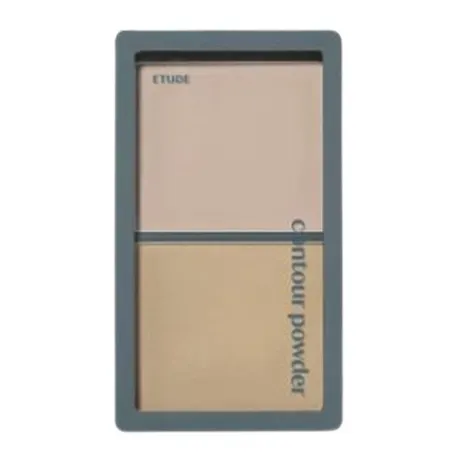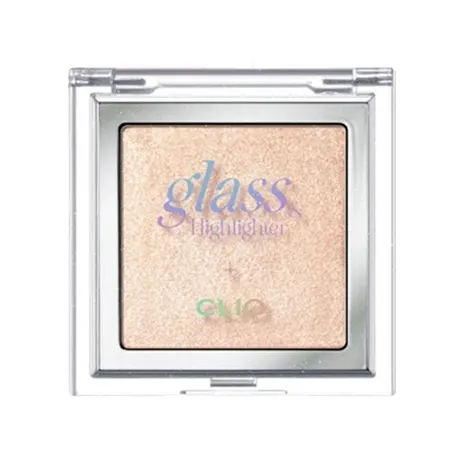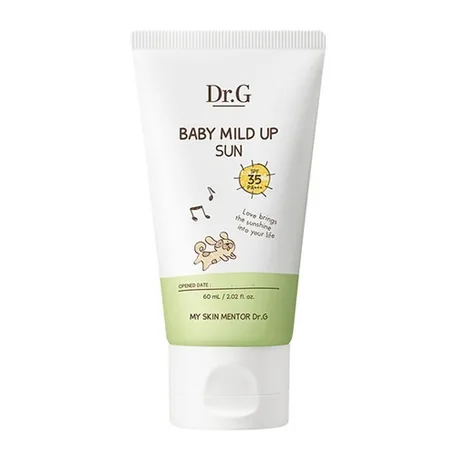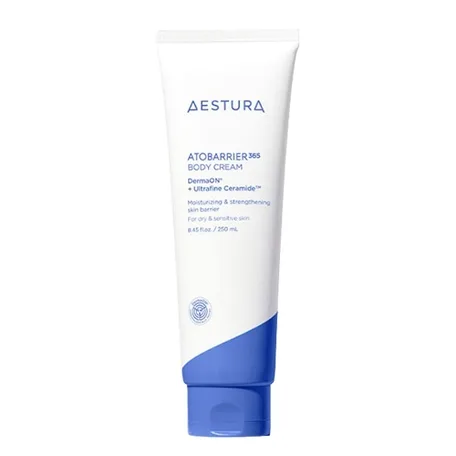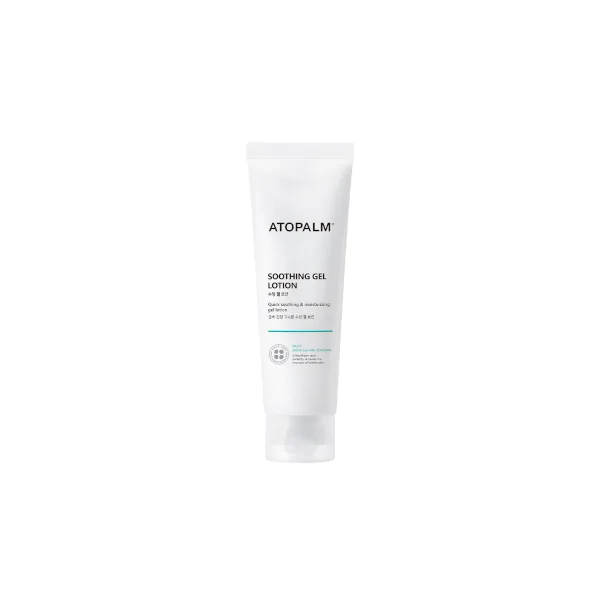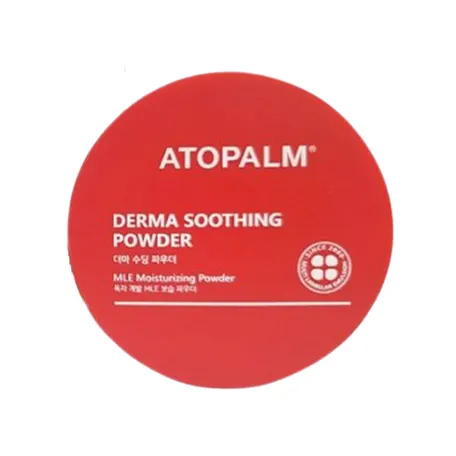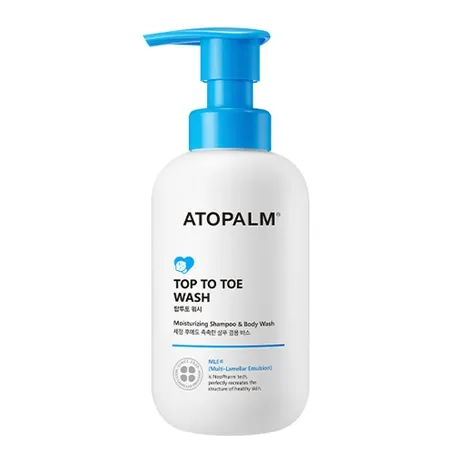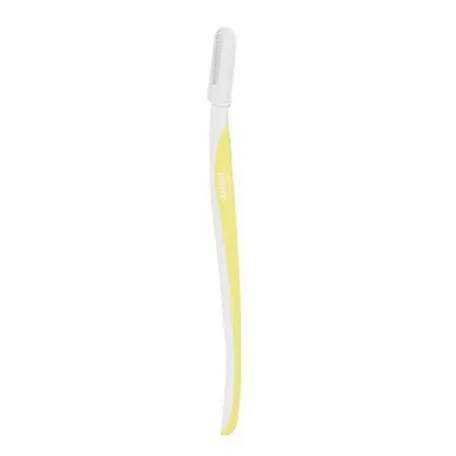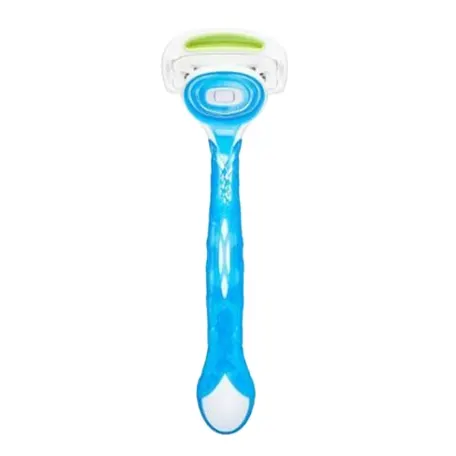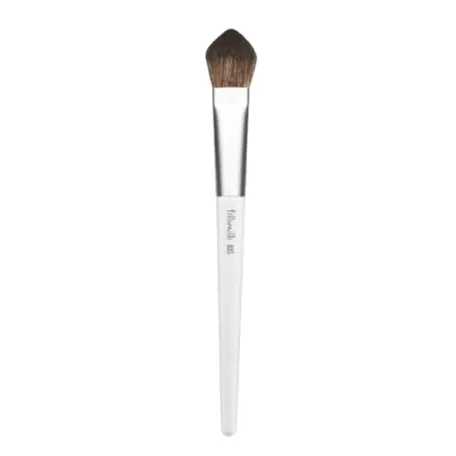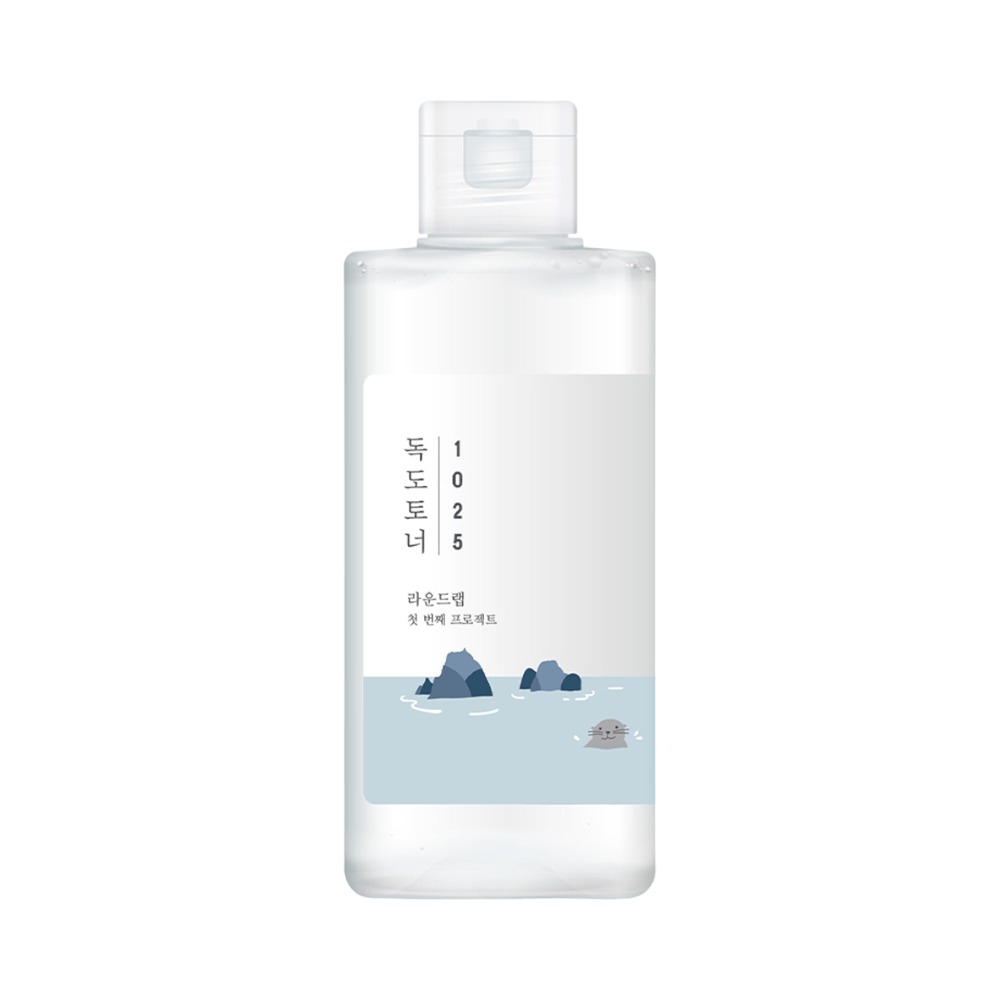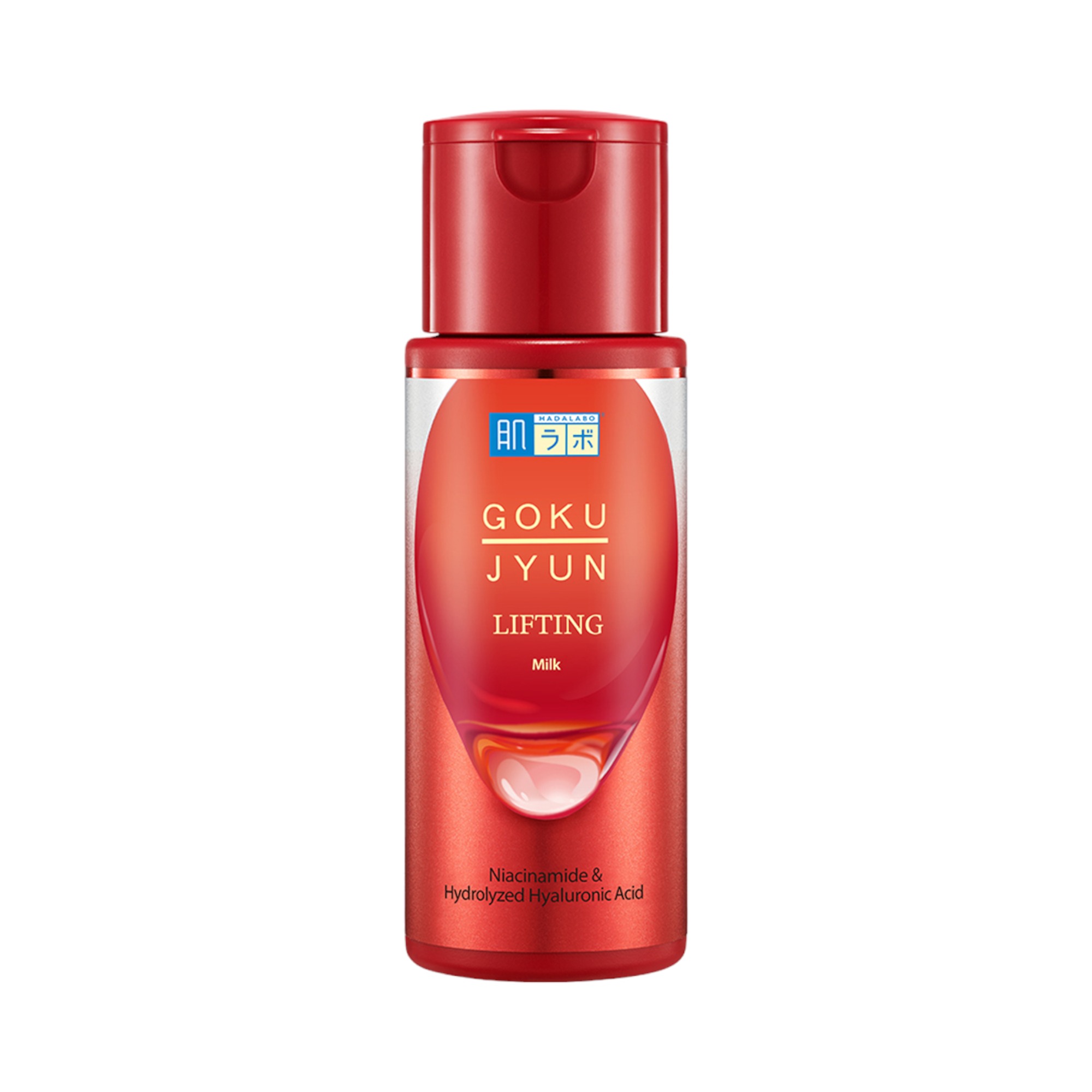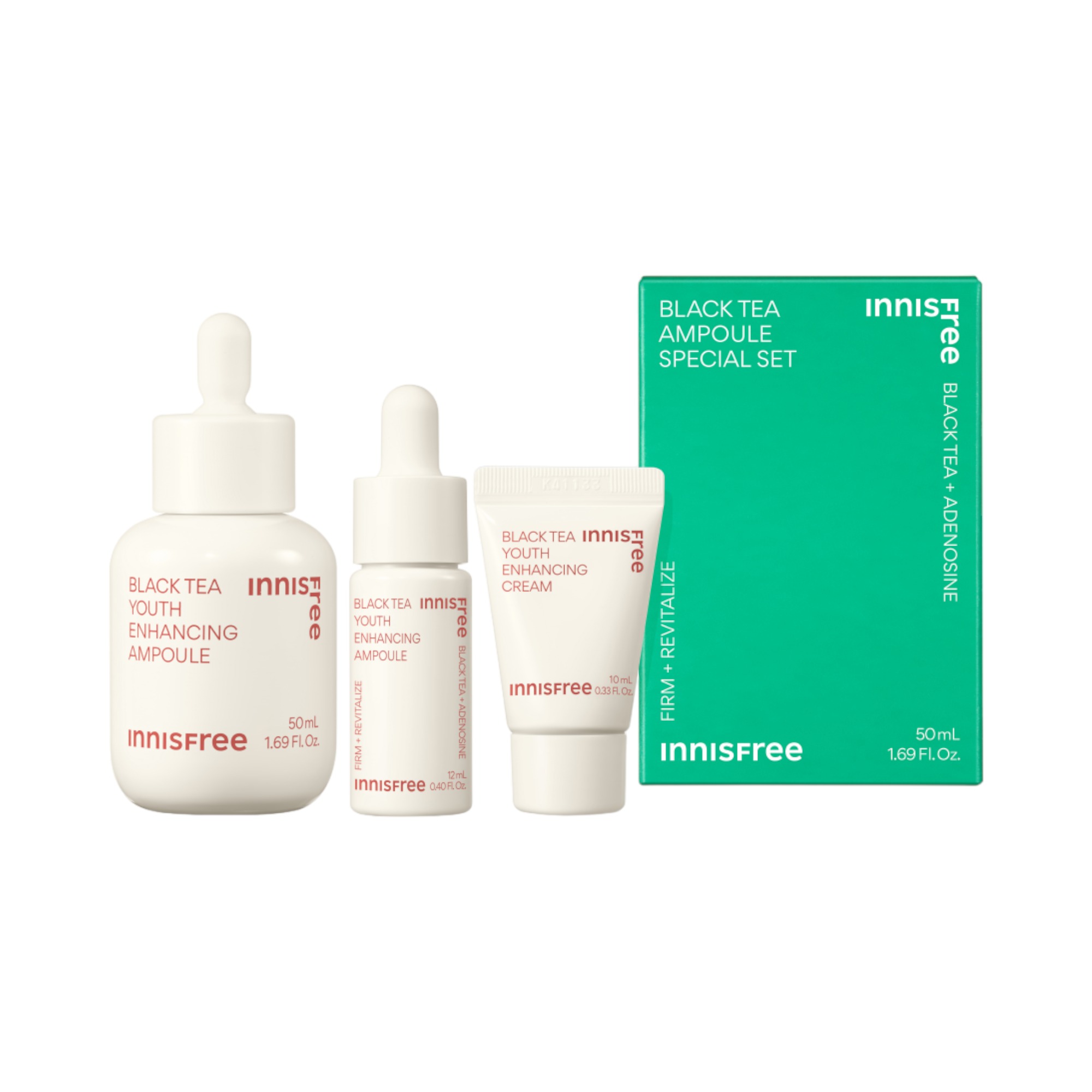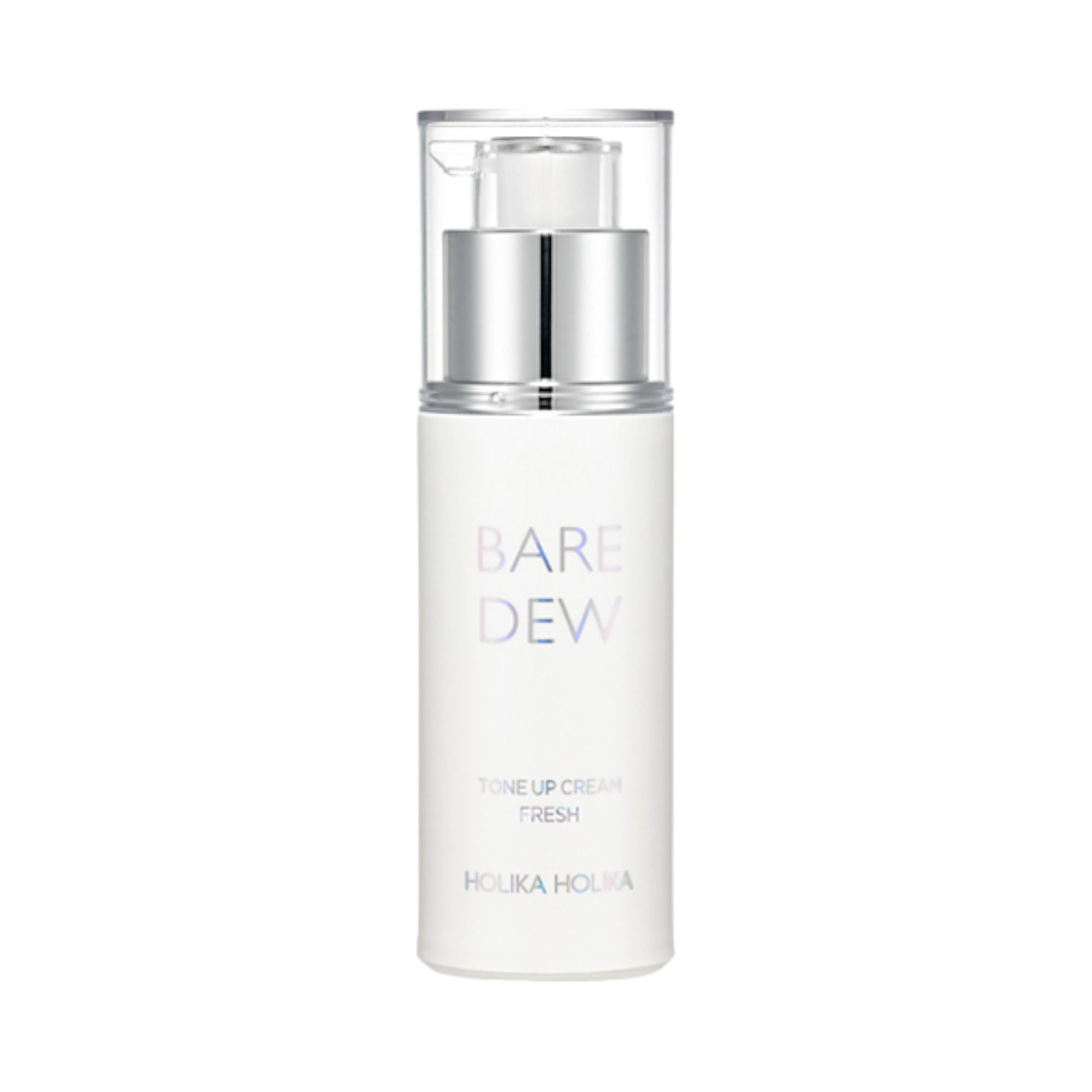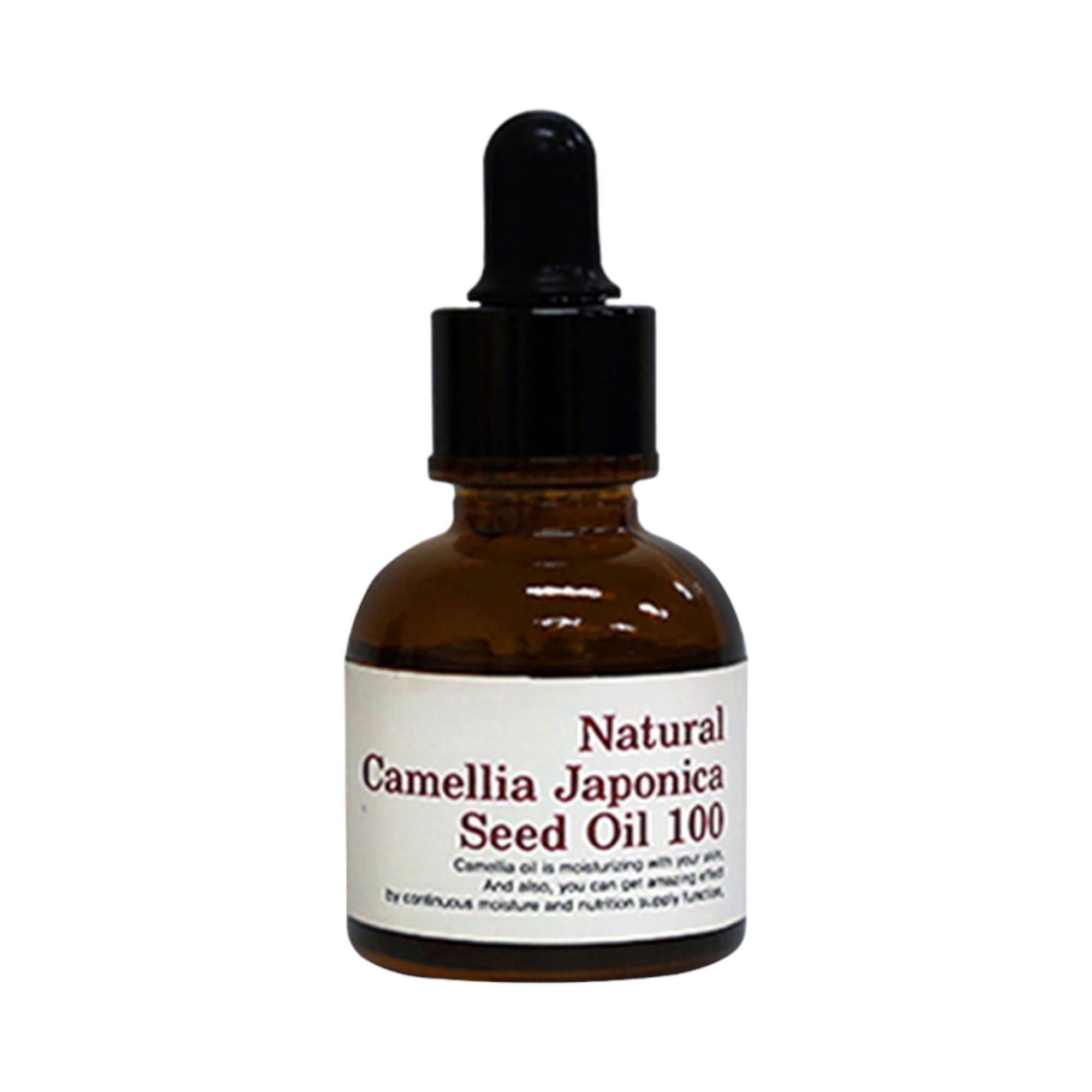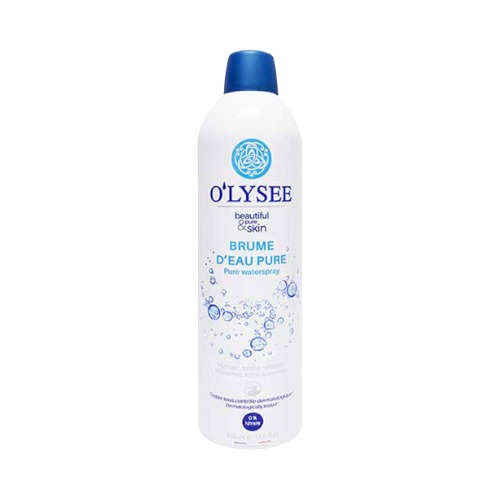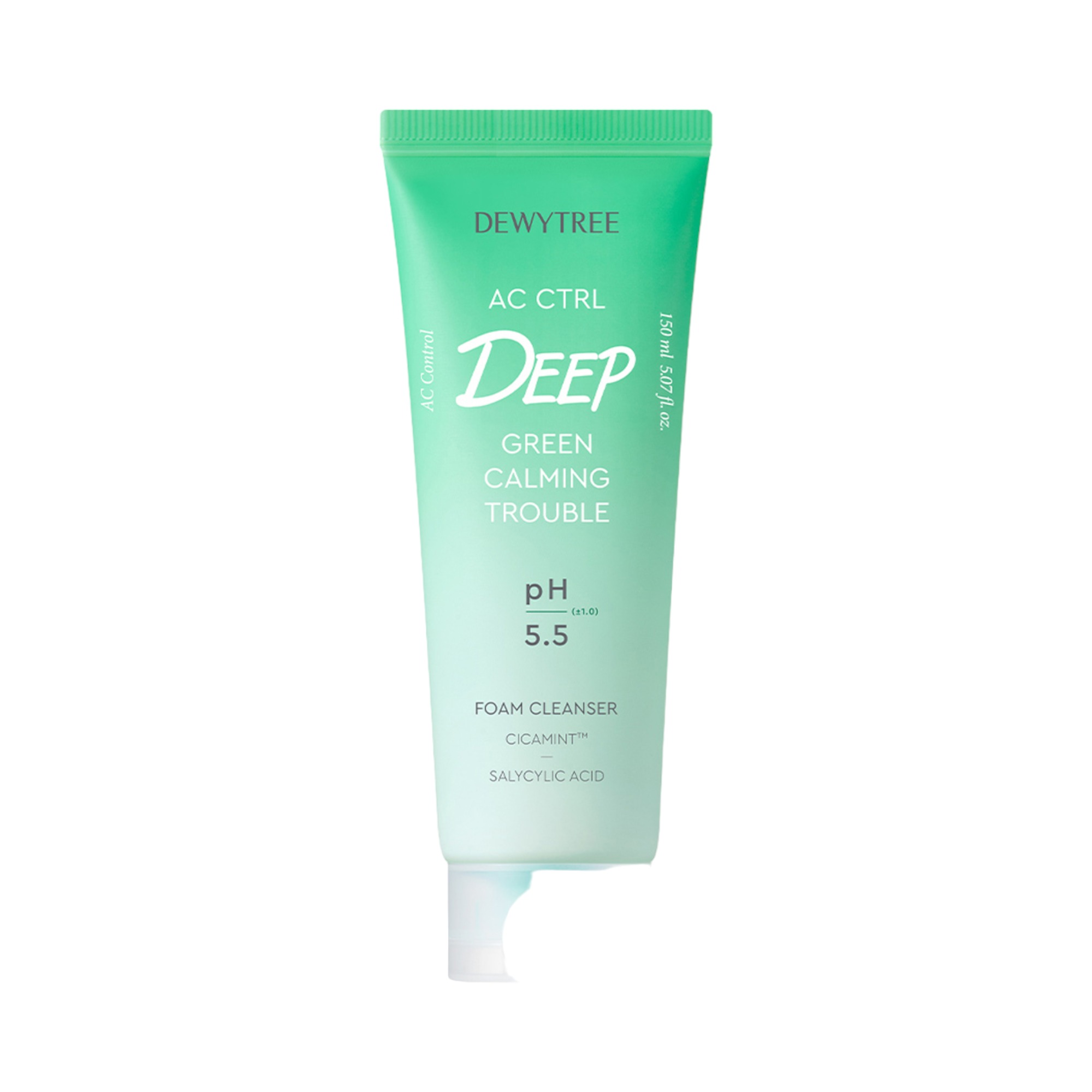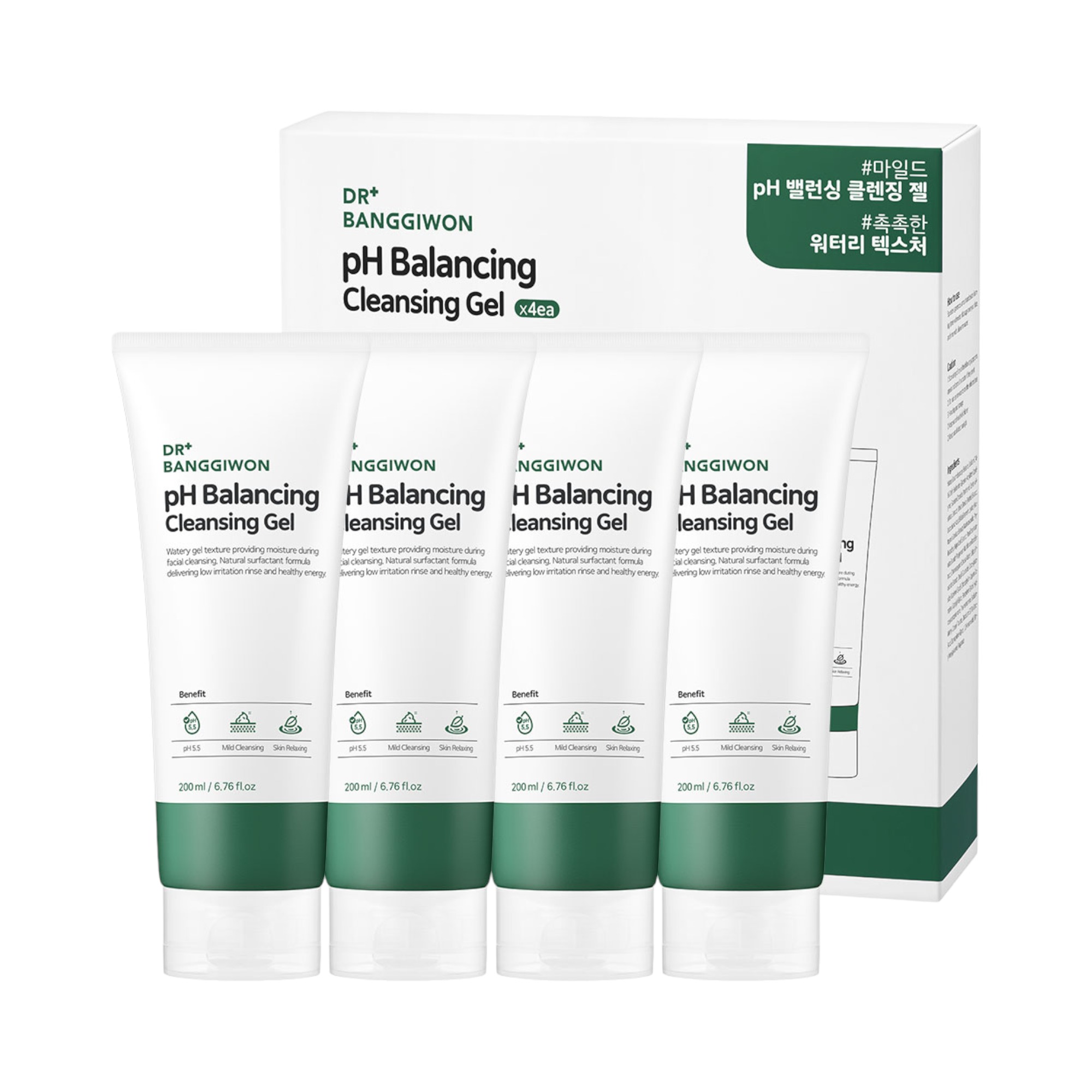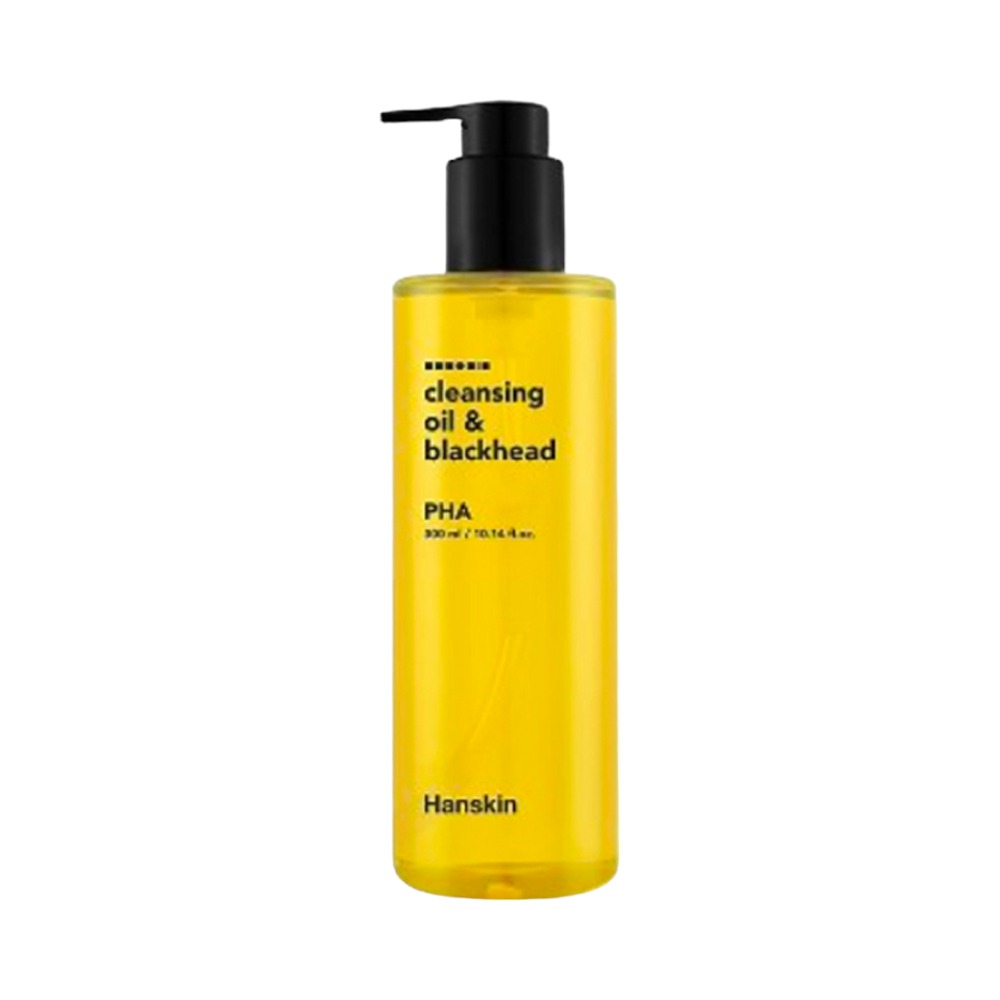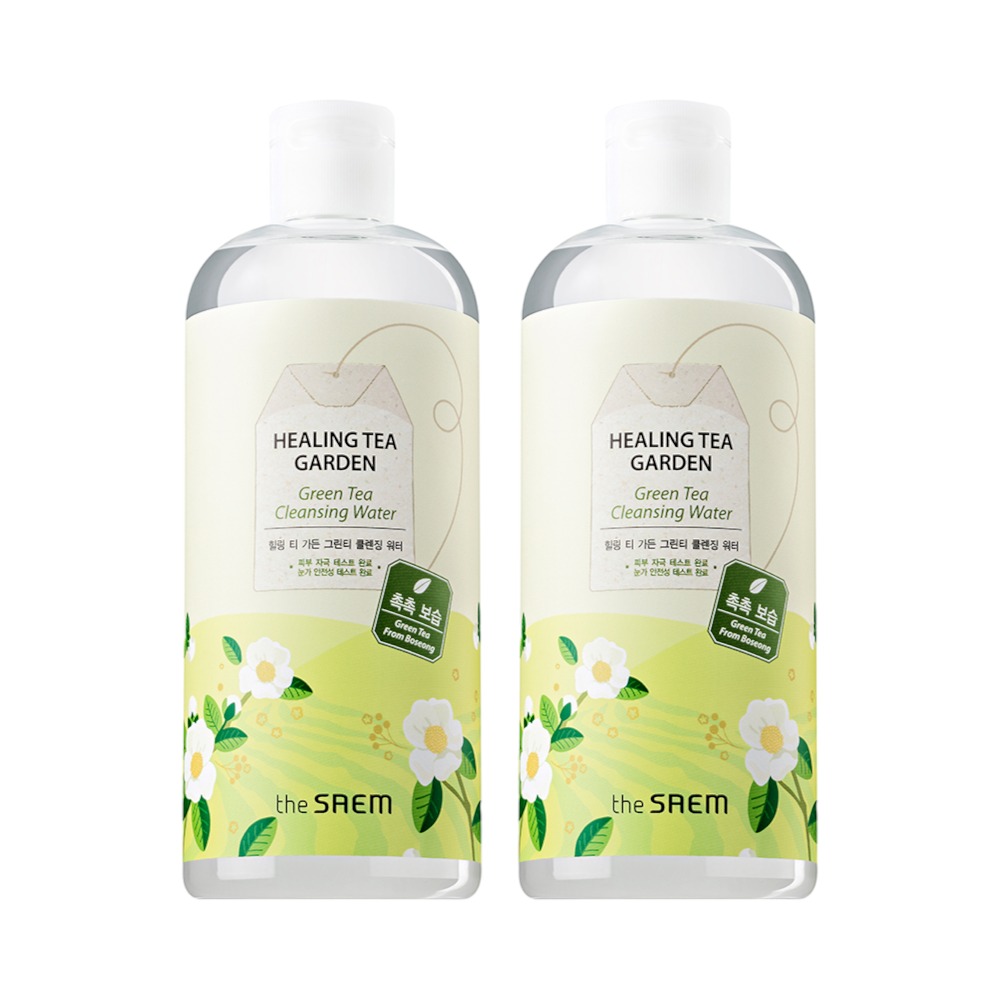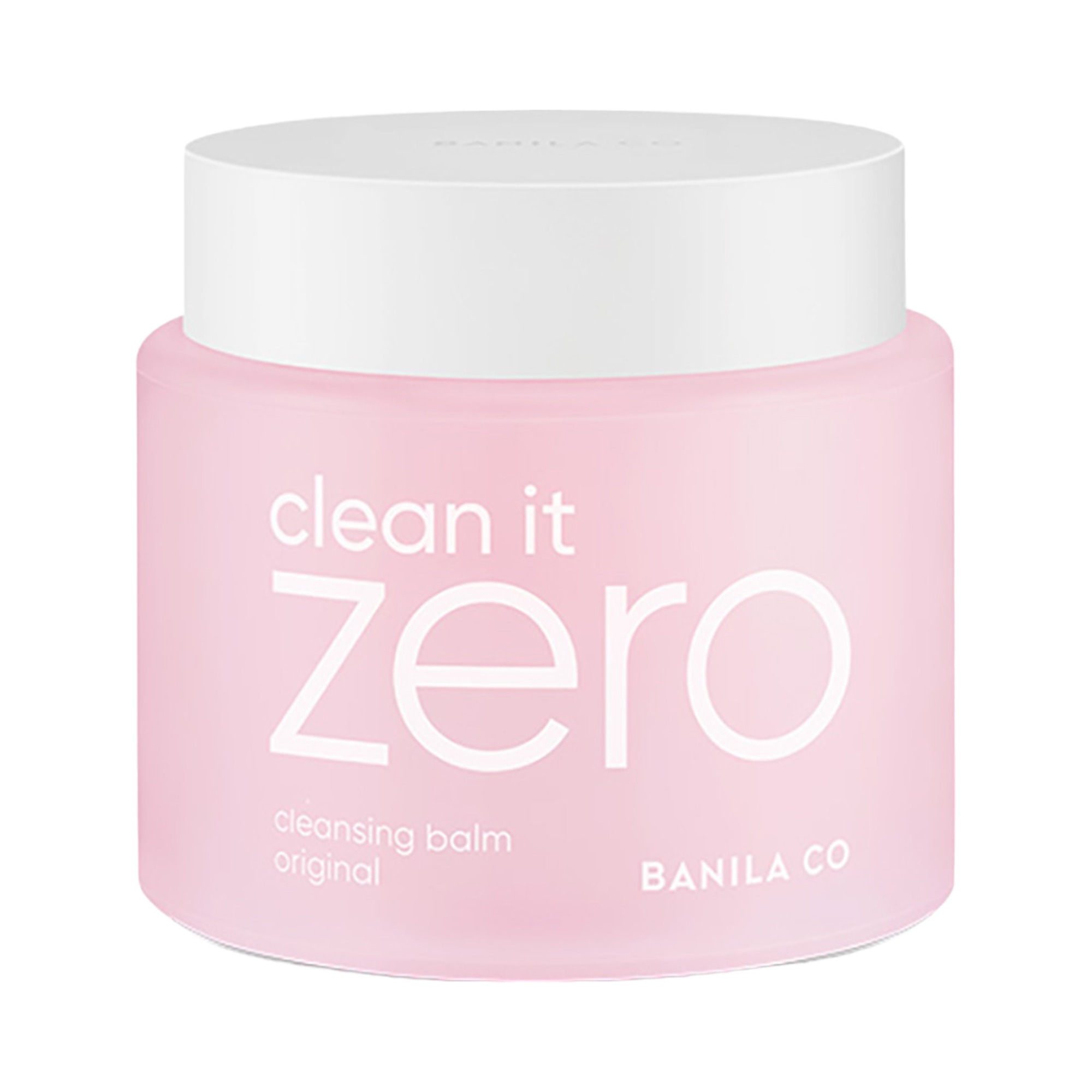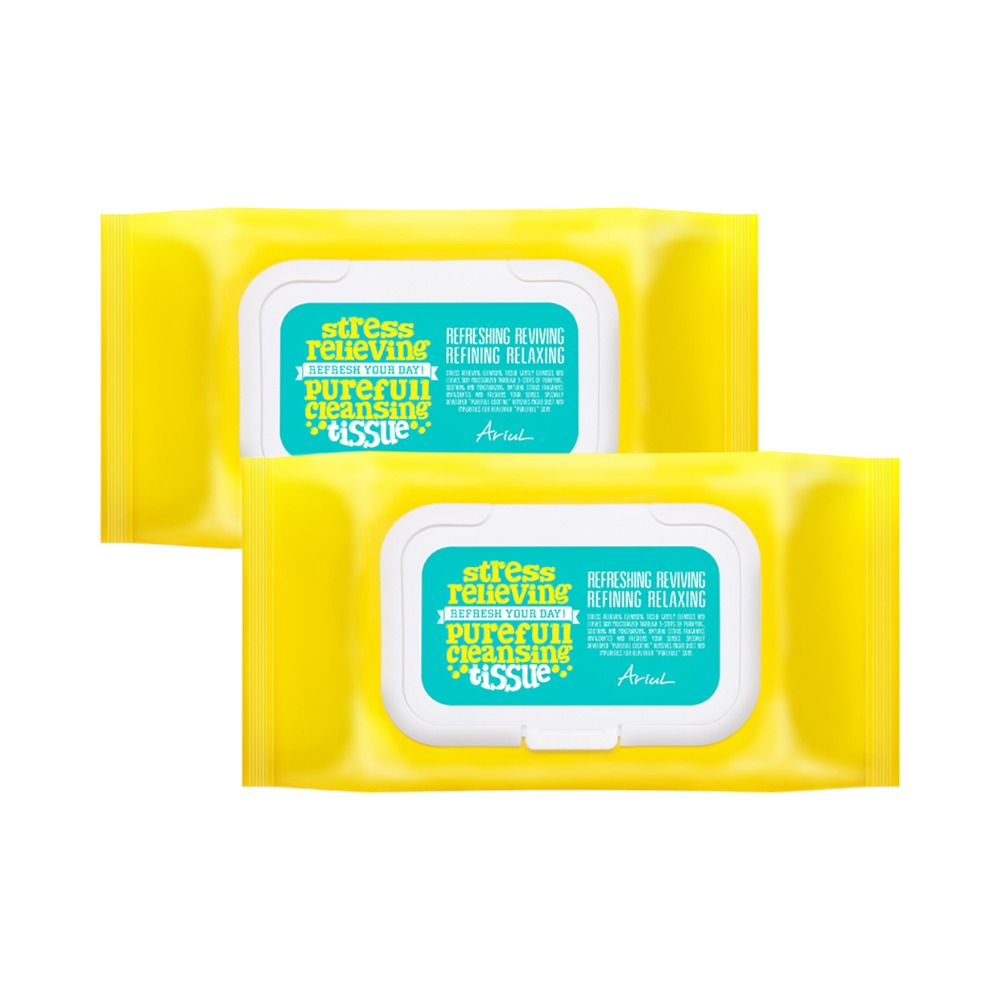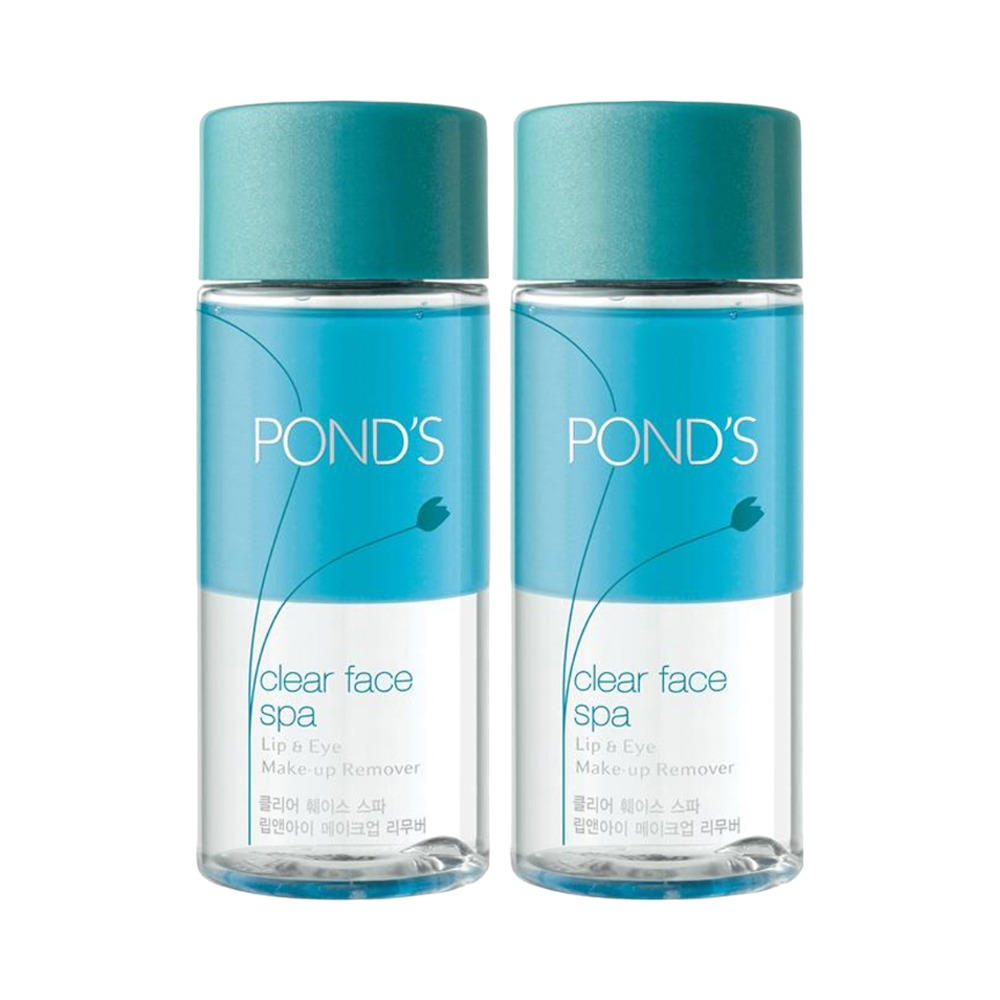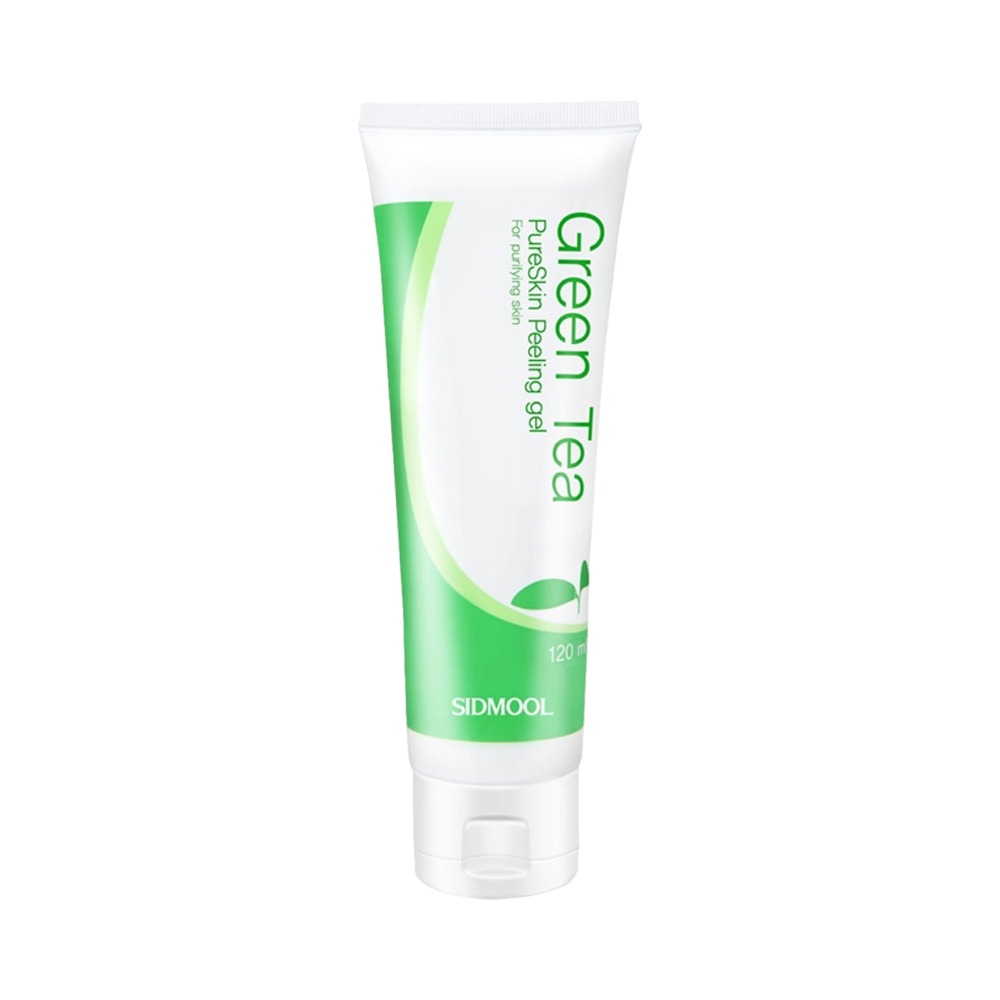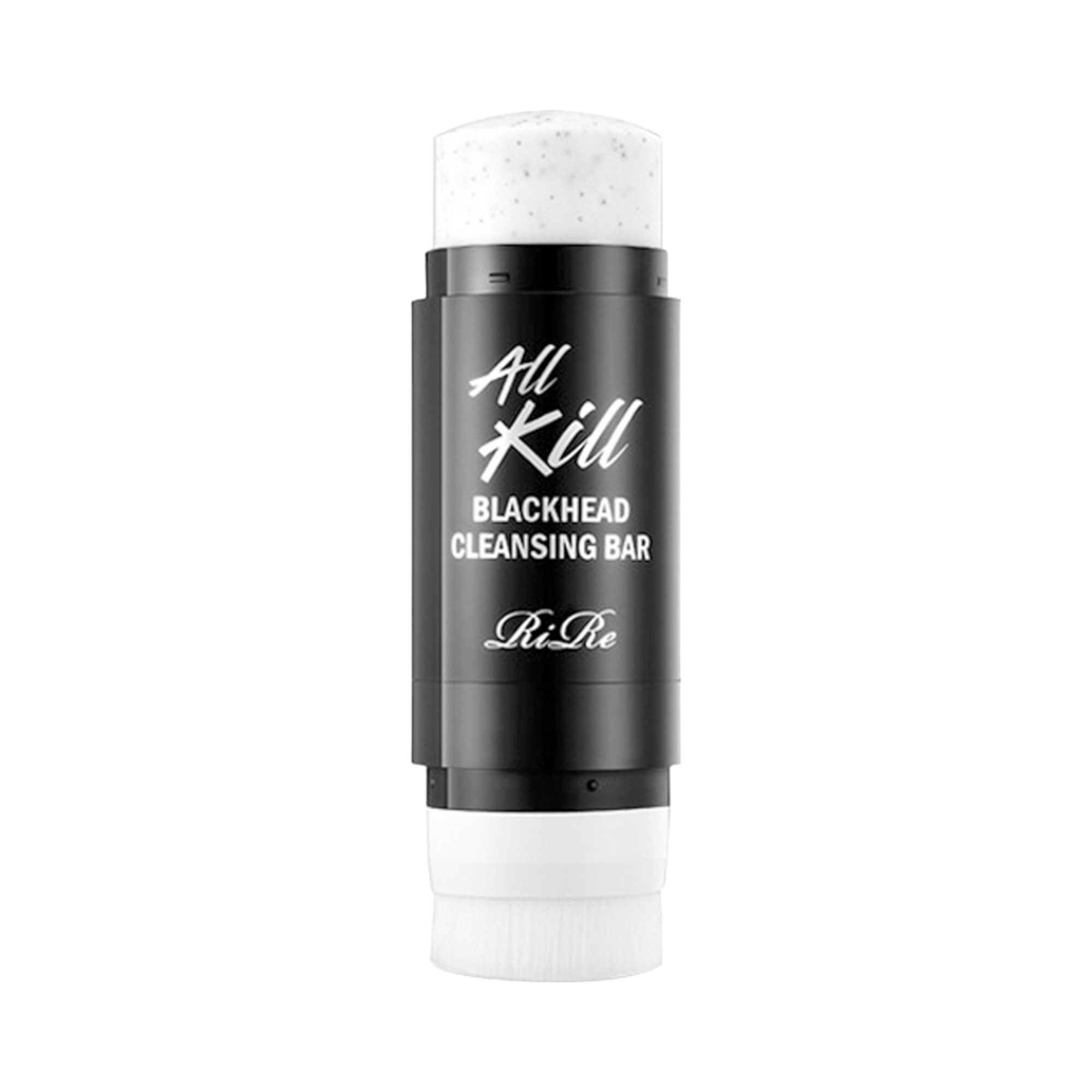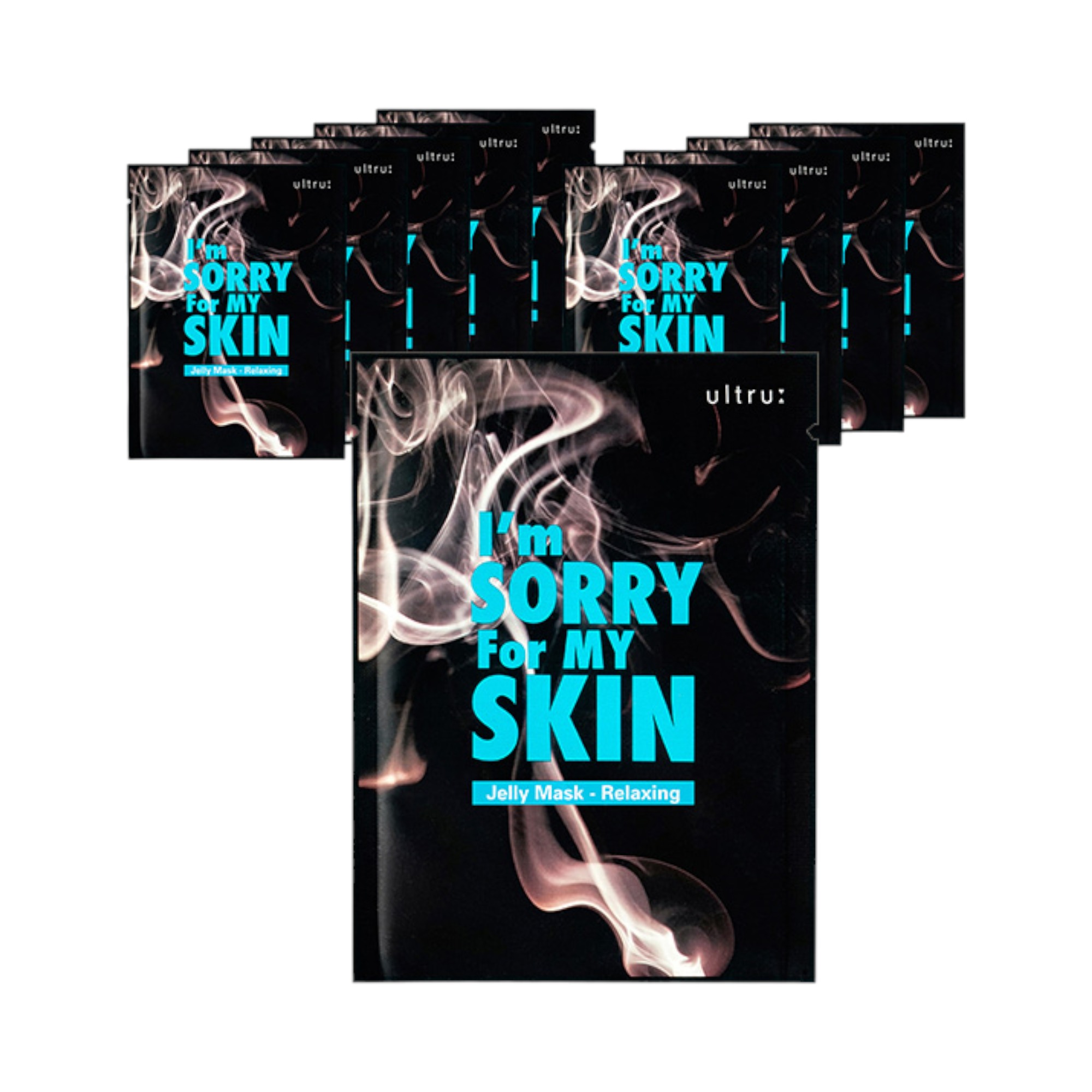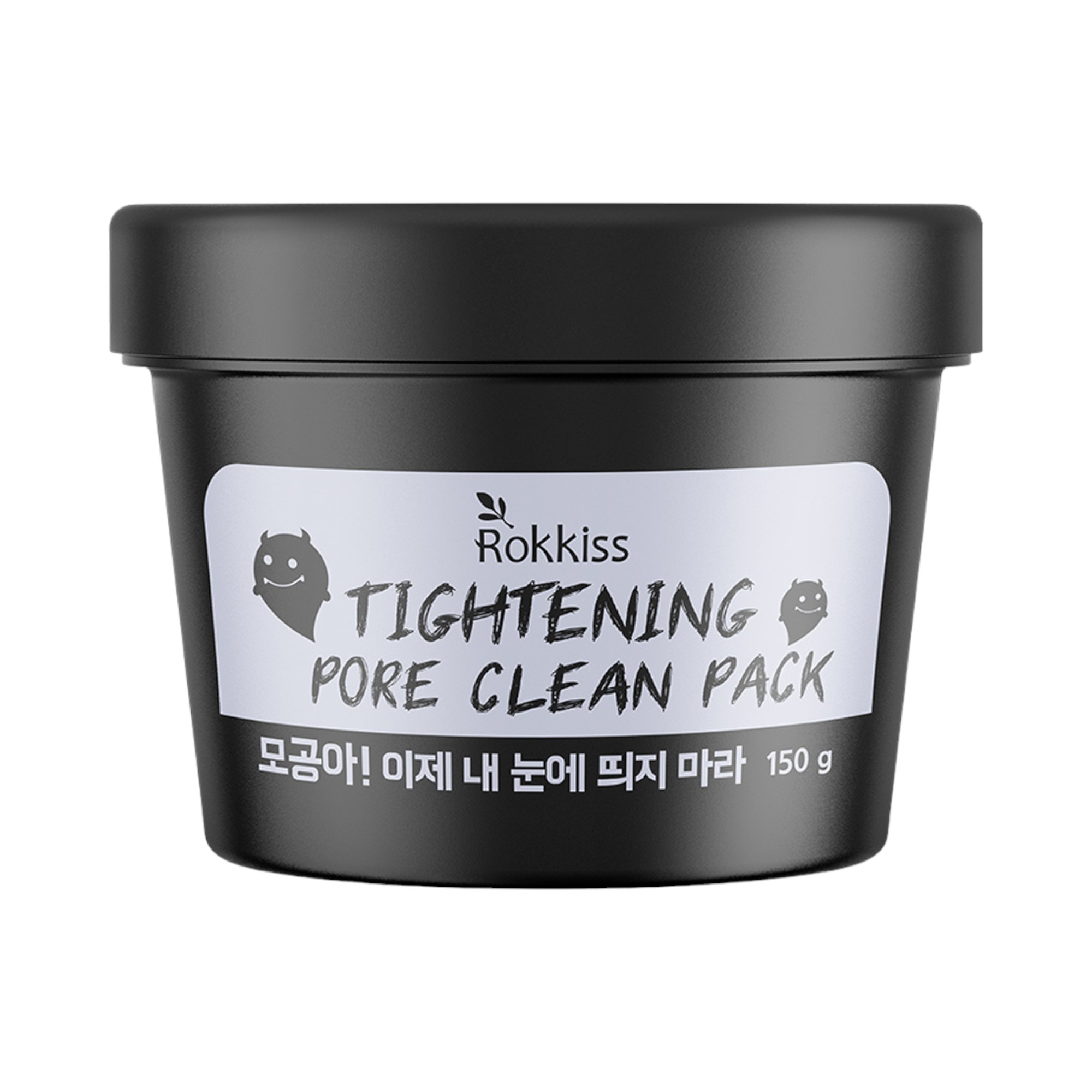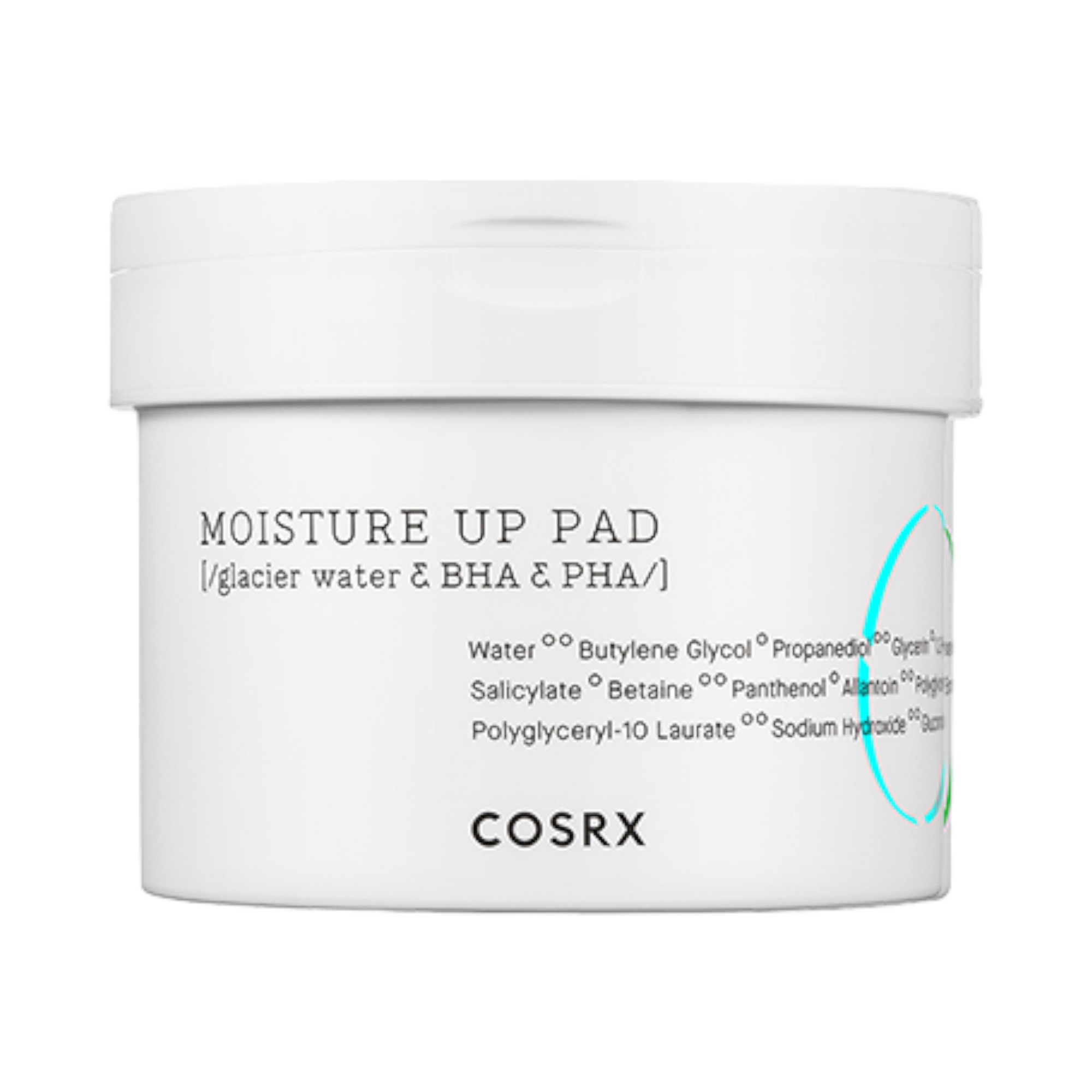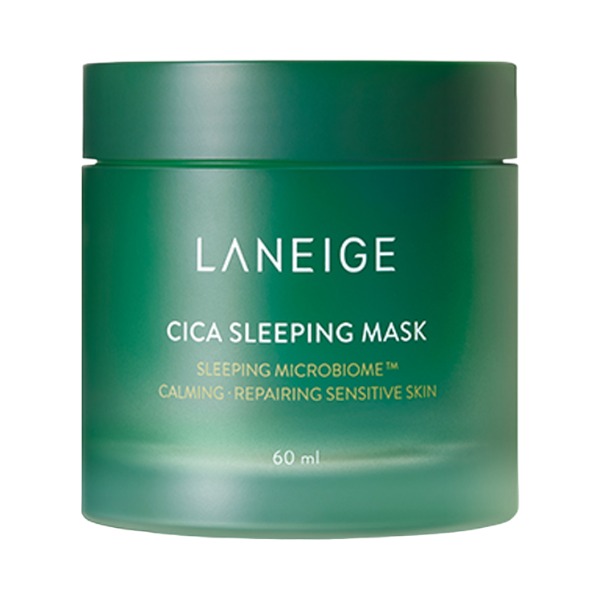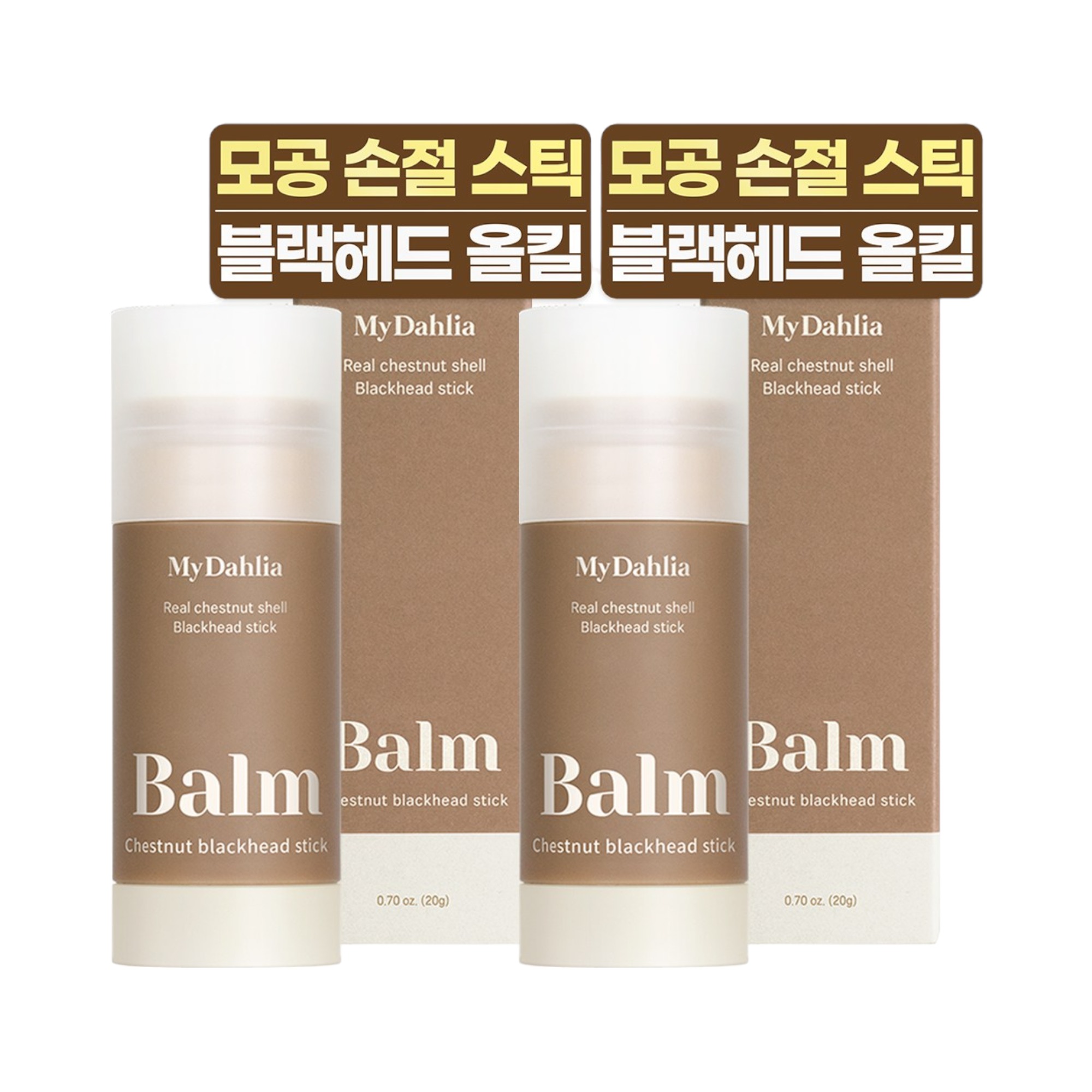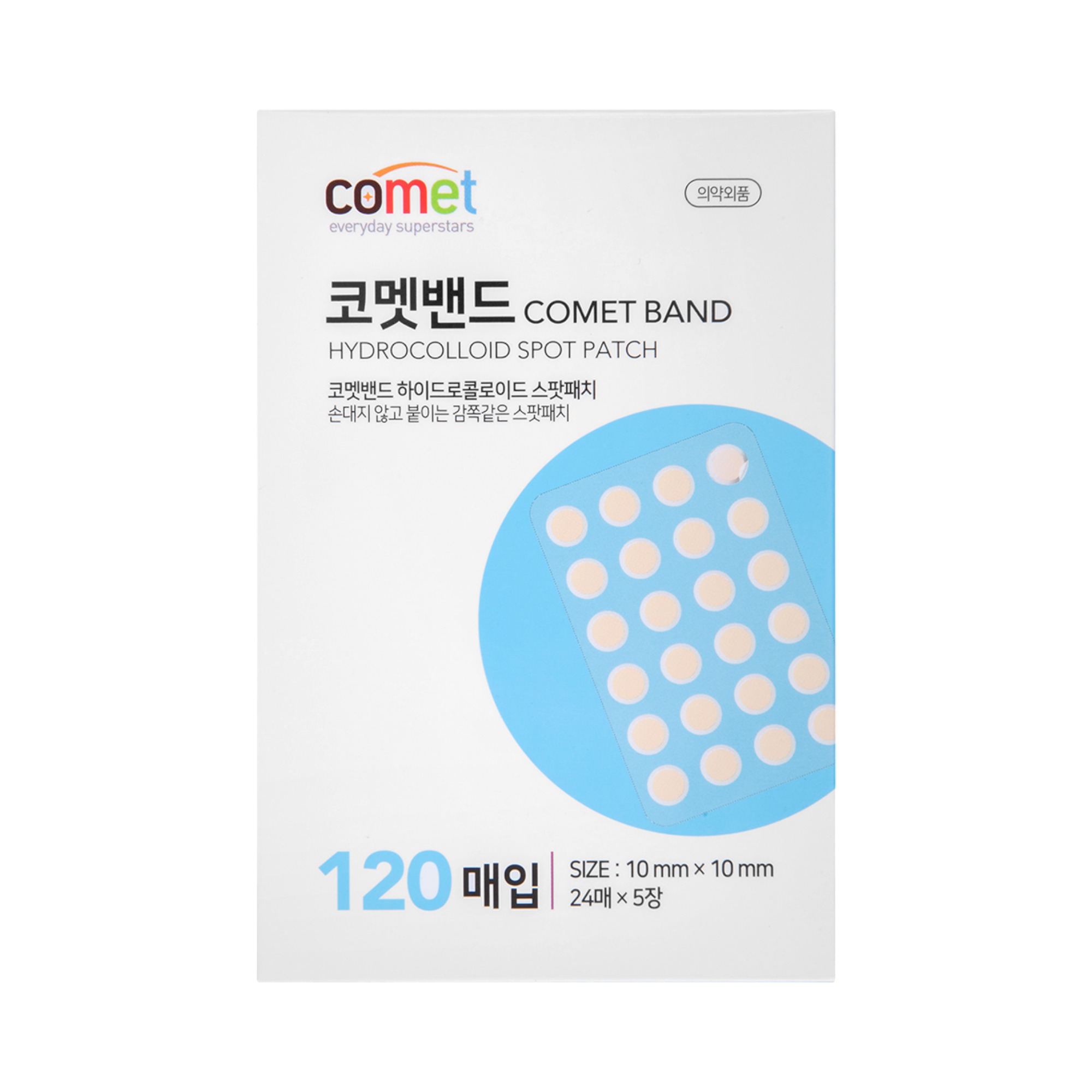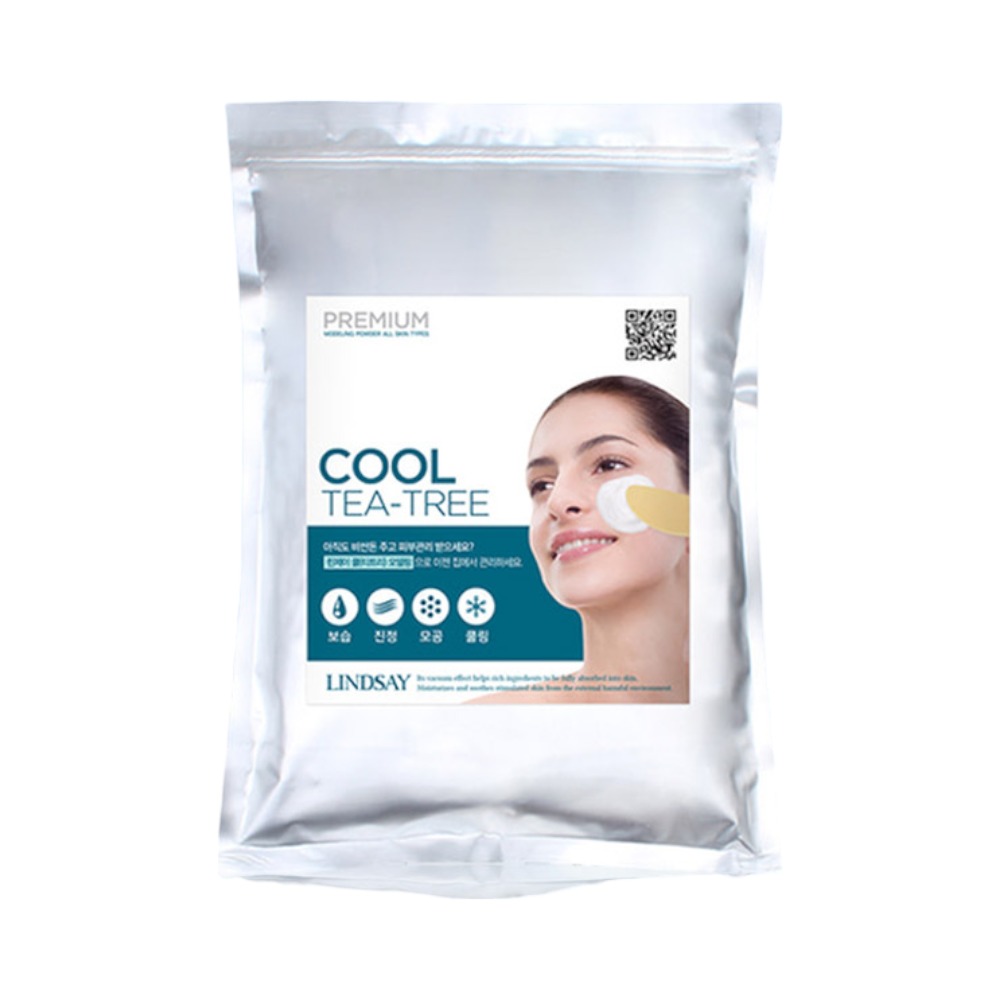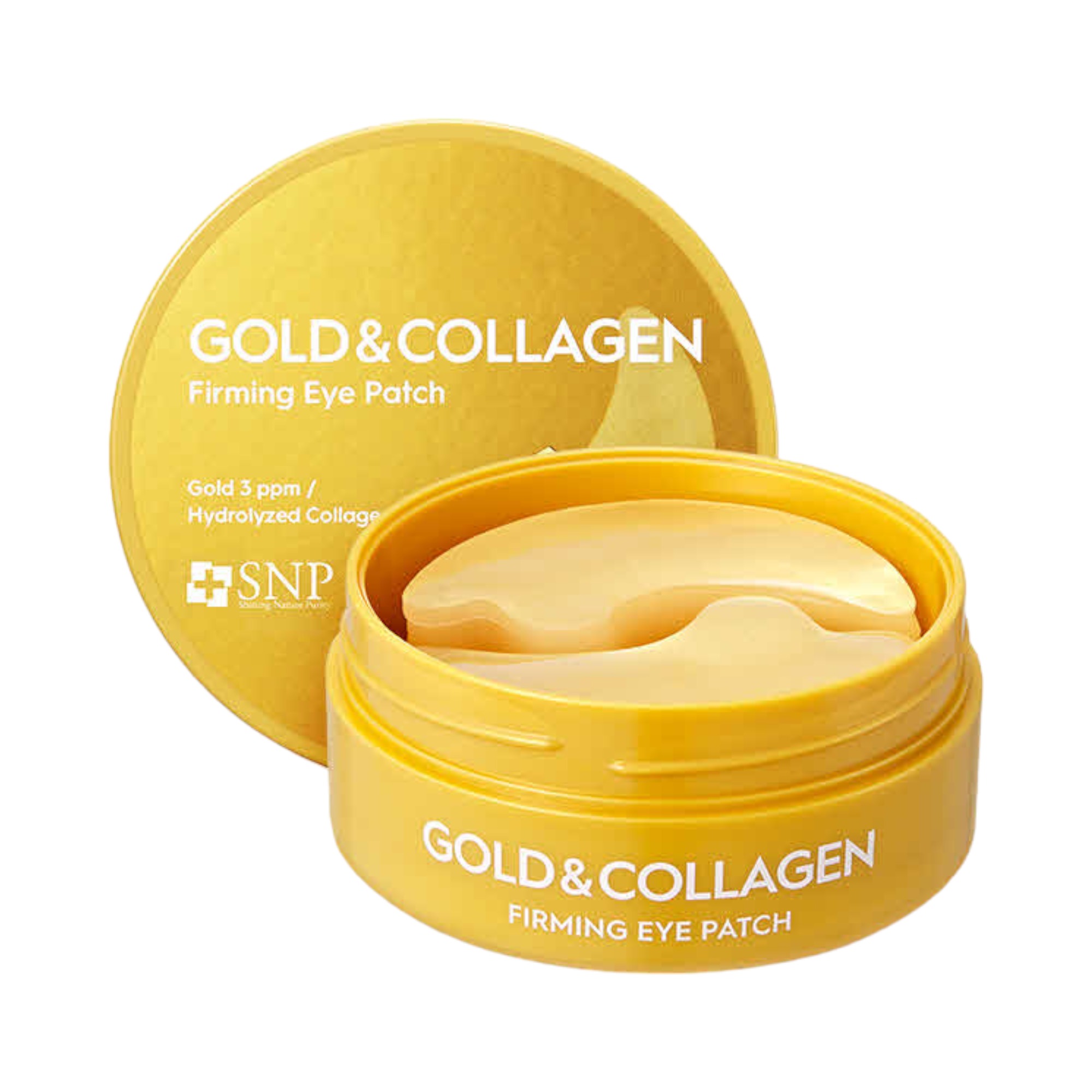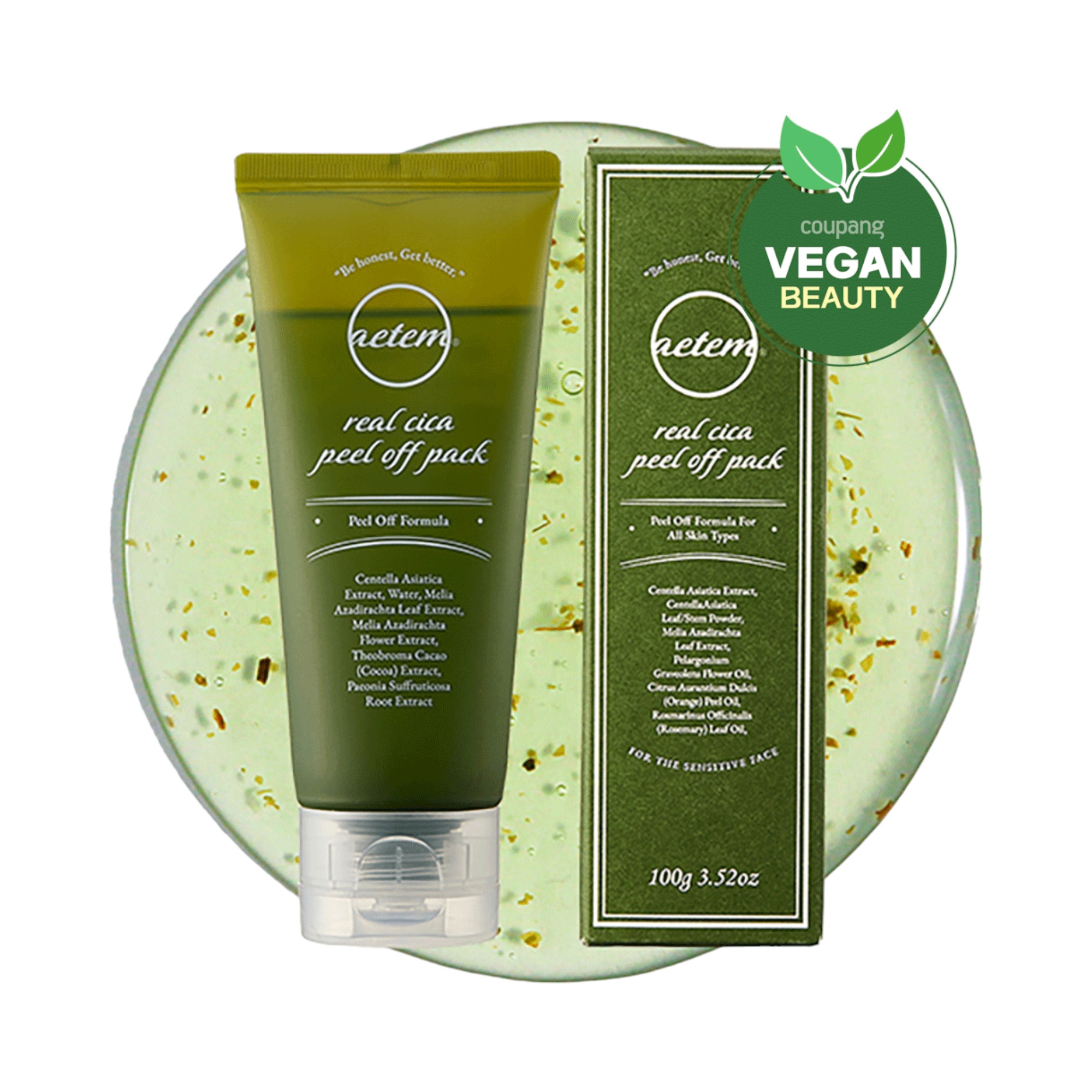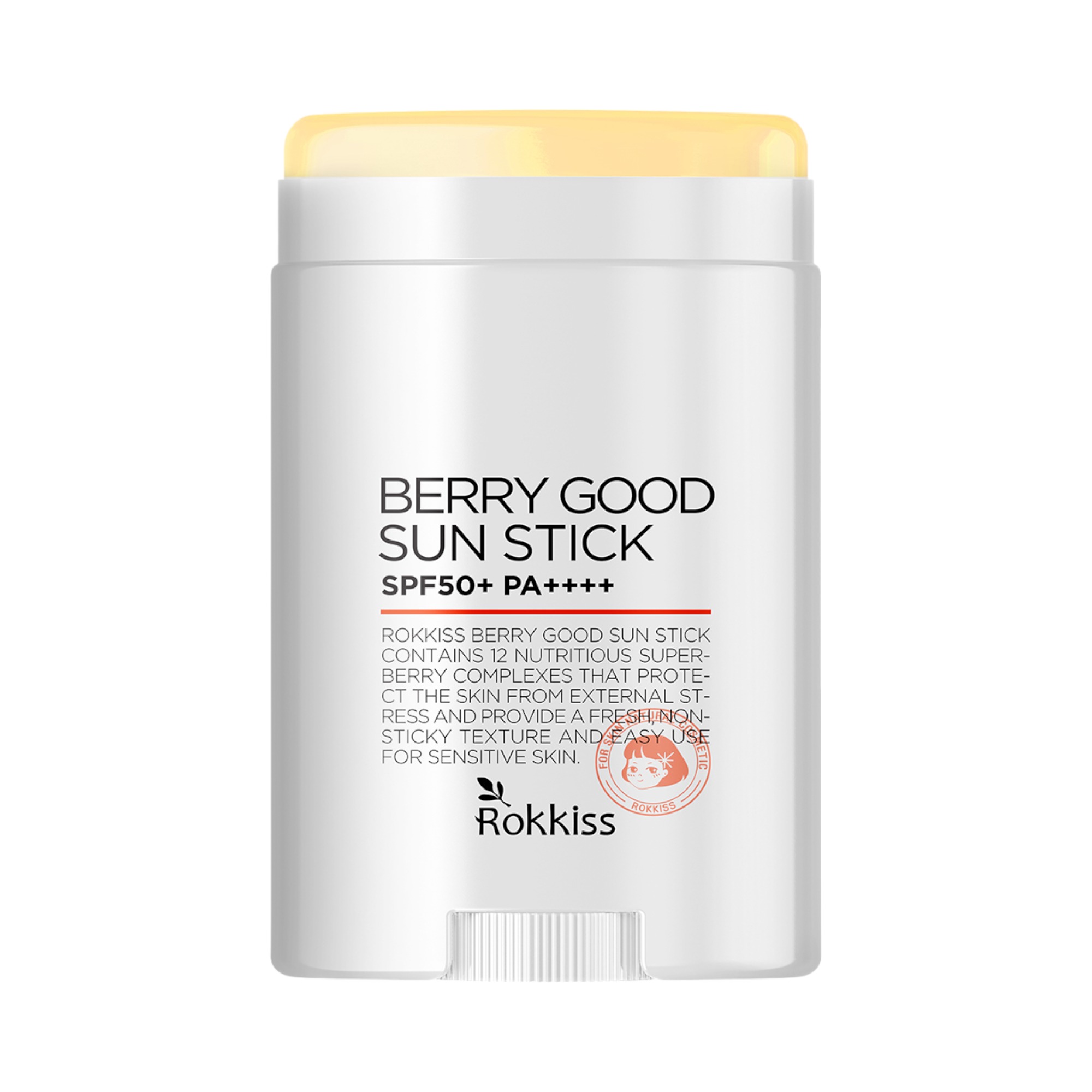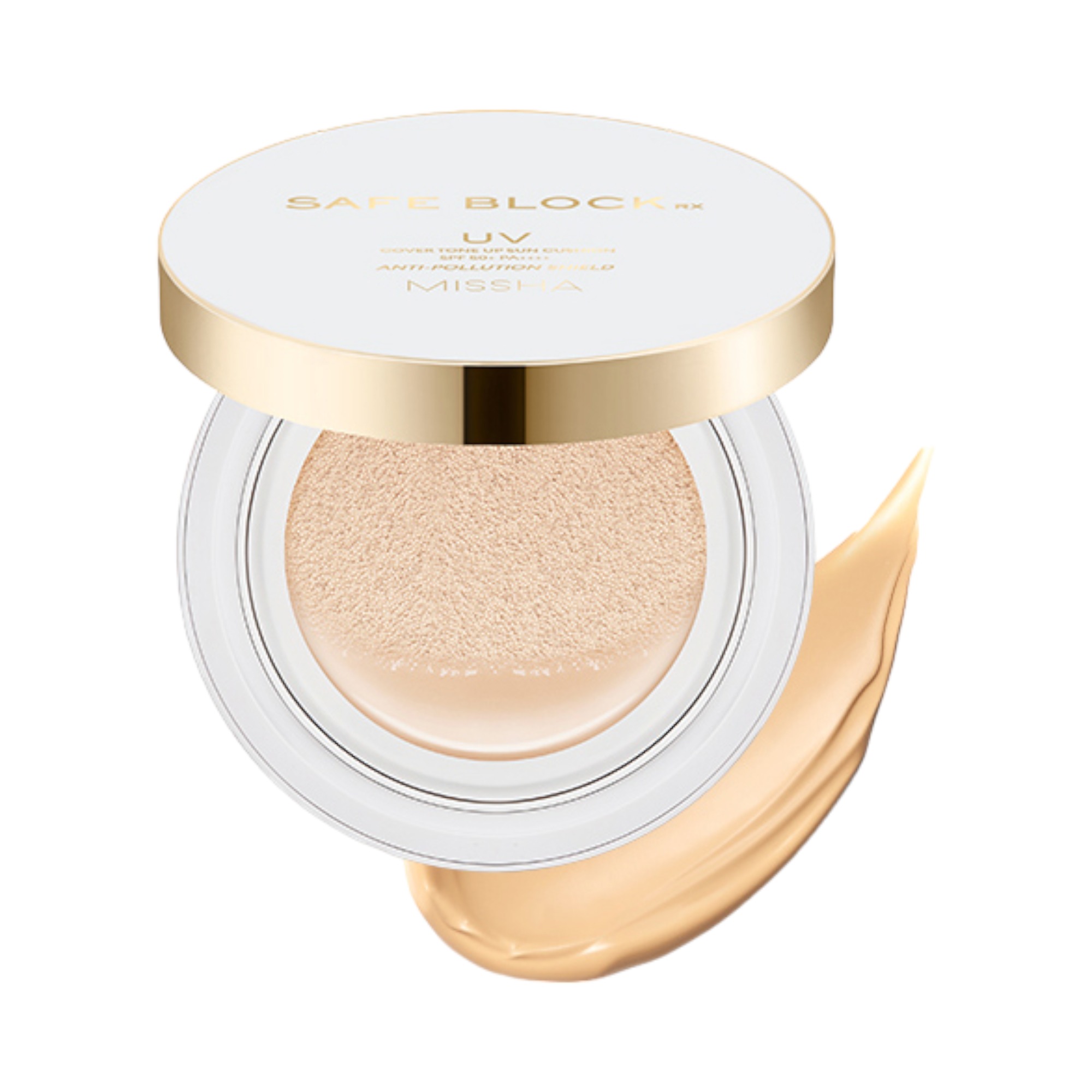Vitamin C has long been praised as a skincare essential, but if you’ve ever experienced the frustration of a brown, oxidized serum or unexpected irritation, you’re not alone. While L-Ascorbic Acid is celebrated for its brightening and anti-aging powers, its instability in formulations has pushed researchers and Korean skincare brands to get more creative.
Enter Vitamin C derivatives, a new wave of stabilized, skin-friendly options designed to give you similar benefits without the drama. In this guide, we’ll break down what these derivatives actually are, how they work, and which one might be your skin’s new best friend.
What Are Vitamin C Derivatives?
A Vitamin C derivative is a compound chemically modified from L-Ascorbic Acid to improve its shelf life, stability, and skin tolerability. Once applied, the body (or skin’s enzymes) convert these derivatives back into active Vitamin C to deliver benefits like brightening, collagen stimulation, and antioxidant protection.
What makes derivatives unique is how they behave in a formula. Some dissolve in water, others in oil. Some require enzymatic conversion in the skin, while others begin working as-is. These differences impact how effective each derivative is, how deeply it penetrates the skin, and whether it’s better suited for certain skin types.
Breakdown of Common Vitamin C Derivatives
Let’s explore some of the most widely used Vitamin C derivatives in skincare and see how they compare.
Ascorbyl Glucoside
- A water-soluble Vitamin C bound to glucose. It’s stable and often found in brightening serums.
- Converts into pure Vitamin C after being absorbed by the skin.
- Offers gentler brightening benefits and works well for those with sensitive or combination skin.
- Not as potent as L-Ascorbic Acid but a reliable, low-risk starting point.
Magnesium Ascorbyl Phosphate (MAP)
- One of the most stable and hydrating derivatives. It has anti-inflammatory properties and supports collagen production.
- Water-soluble and typically used in creams and lotions.
- Suitable for dry or reactive skin types as it’s soothing and less acidic.
- Works well for those looking to improve skin tone gradually without irritation.
Sodium Ascorbyl Phosphate (SAP)
- Known for its antimicrobial benefits and ability to regulate sebum.
- Water-soluble, often used in acne-friendly formulations.
- Converts effectively into L-Ascorbic Acid and helps reduce signs of inflammation.
- Ideal for oily, acne-prone skin thanks to its gentle, clarifying action.
Tetrahexyldecyl Ascorbate (THD)
- A newer, oil-soluble derivative known for its ability to penetrate deeply into the skin.
- Exceptionally stable and doesn’t require as much conversion.
- Stimulates collagen and may help reduce hyperpigmentation at a deeper level.
- Perfect for mature, dry, or sun-damaged skin looking for anti-aging results.
Ascorbyl Palmitate
- An older, oil-soluble derivative that’s moderately stable.
- Less potent than THD or SAP and has lower bioavailability.
- May offer mild antioxidant support but isn’t as well-researched or widely used today.
- Often combined with other actives in formulations to boost effectiveness.
Pros and Cons of Using Derivatives
Vitamin C derivatives are not without trade-offs. They offer important advantages over L-Ascorbic Acid, especially for sensitive or acne-prone skin, but they don’t always deliver the same results.
Advantages include:
- Improved stability: Less likely to oxidize quickly.
- Lower irritation: Especially for beginners or those with sensitive skin.
- Formulation flexibility: Can be used in both oil- and water-based formulas.
- Skin compatibility: Some derivatives even have anti-inflammatory or acne-fighting benefits.
Limitations to consider:
- Lower potency: Most derivatives aren’t as strong as pure Vitamin C.
- Conversion required: Some need to be converted by the skin to become active, which isn’t always efficient.
- Slower results: Especially when it comes to brightening or pigmentation.
- Formulation-dependent: A derivative’s performance depends heavily on the rest of the product formula.
- Marketing confusion: Some brands may label a product “Vitamin C” even if it contains only a trace amount of a weak derivative.
How to Choose the Right Derivative for You
Choosing a Vitamin C derivative isn’t about finding the “best” one universally, it’s about finding the best one for your skin’s needs.
If you’re new to Vitamin C or have reactive skin, start with Ascorbyl Glucoside or MAP. These are gentle, stable, and less likely to cause stinging or redness. For acne-prone or oily skin, SAP is an excellent pick, offering both antioxidant protection and antimicrobial benefits.
If you’re targeting deep pigmentation or signs of aging, THD may be worth the investment. It penetrates deeper into the skin and works well in lipid-rich environments, making it ideal for night creams or face oils.
You can safely layer derivatives with ingredients like niacinamide for extra brightening, or ferulic acid and Vitamin E to enhance antioxidant effects. Use your derivative in the morning for UV protection or at night for repair, depending on your routine.
Top Korean Skincare Products with Vitamin C Derivative
Here are a few standout Korean products featuring Vitamin C derivatives, available at Skin Seoul:
1. Laneige Water Sleeping Mask
This cult-favorite overnight mask from Laneige helps restore your skin’s moisture barrier while you sleep. Lightweight yet intensely hydrating, it’s ideal for calming the skin after active ingredients like Vitamin C. The formula features patented technologies that lock in hydration for dewy, well-rested skin by morning.
- Key Ingredients: Hydro Ionized Mineral Water, Evening Primrose Root Extract, Hunza Apricot Extract, Sleep-Tox™
- Key Benefits: Deep hydration, overnight barrier repair, calming effect, radiant skin tone, suitable for all skin types
|
Pros |
Cons |
| Lightweight, non-greasy gel texture |
Contains fragrance, may not suit ultra-sensitive skin |
|
Boosts moisture overnight |
Not a treatment mask (hydration-focused only) |
| Works well with Vitamin C or retinol routines |
Jar packaging (may require spatula for hygiene) |
|
Great for tired, dull skin |
Premium price point |
| Suitable for all skin types, even oily |
May not provide enough occlusion for very dry skin |
Where to buy: Laneige Water Sleeping Mask
2. Dr. Jart+ The Makeup Rejuvenating Beauty Balm BB Cream SPF40 PA++
A multitasking BB cream that offers lightweight coverage, sun protection, and skincare benefits in one product. Dr. Jart+’s Beauty Balm evens out skin tone while shielding your skin from UV damage, making it an ideal daytime partner to Vitamin C derivatives.
- Key Ingredients: Zinc Oxide, Titanium Dioxide, Niacinamide, Adenosine
- Key Benefits: SPF 40 broad-spectrum protection, light coverage, brightening, anti-aging, ideal for sensitive skin
|
Pros |
Cons |
| Combines makeup and skincare |
Limited shade range |
|
Offers sun protection |
May not suit very oily skin types |
| Evens out redness and uneven tone |
Light-to-medium coverage only |
|
Contains soothing ingredients like Niacinamide |
Slight gray cast on deeper skin tones |
| Works well layered over Vitamin C serum |
May transfer if not set properly |
Where to buy: Dr. Jart+ The Makeup Rejuvenating Beauty Balm BB Cream SPF40 PA++
3. Aestura Atobarrier 365 Cream
A top pick for repairing the skin barrier, this dermatologist-loved cream is rich in ceramides and moisturizing agents. It works beautifully in tandem with Vitamin C derivatives, especially if you’re prone to dryness, sensitivity, or over-exfoliation. The formula is hypoallergenic and fragrance-free.
- Key Ingredients: Ceramide NP, Cholesterol, Fatty Acids, Panthenol
- Key Benefits: Restores skin barrier, prevents moisture loss, strengthens sensitive skin, fragrance-free, non-comedogenic
|
Pros |
Cons |
| Excellent for barrier repair |
Texture may feel too rich for oily skin |
|
Pairs well with actives like Vitamin C or retinol |
Takes time to absorb fully |
| Fragrance-free and hypoallergenic |
Not ideal for humid climates |
|
Clinically tested for sensitive skin |
Plain packaging |
| Long-lasting hydration |
Slightly higher price point for barrier creams |
Where to buy: Aestura Atobarrier 365 Cream
Conclusion
Vitamin C derivatives are a fantastic alternative to pure L-Ascorbic Acid, especially if you’re looking for something more stable, gentle, or tailored to specific skin concerns. While they may not deliver dramatic results overnight, their strengths lie in long-term use, better skin compatibility, and lower risk of irritation.
There’s no single “best” Vitamin C derivative, what works wonders for one person might not suit another. Instead of chasing high percentages or buzzy claims, look for well-formulated products where the derivative is thoughtfully combined with supporting ingredients. And as always, patch test before incorporating new actives into your routine.
Ready to Explore Vitamin C Derivatives?
If you’re ready to add a Vitamin C derivative into your skincare routine, explore our curated selection at Skin Seoul. From beginner-friendly creams to powerful serums, we’ve got options for every skin type and concern.
Glowing skin doesn’t have to come with irritation, let’s find your perfect match.




